MODERN ART
Feature Screenplay by Laurence Fuller
Acquire the Trailer as a Limited Edition 1/100
MODERN ART chronicles a life-long rivalry between two mavericks of the London art world; the rebellious art critic Peter Fuller and Michael Minas the most expensive living artist of all time, as they cut their path from the swinging Sixties through the collapse of modern art in Thatcher-era Britain. This award winning screenplay was adapted from Peter’s writings by his son.
In October 2020 Shane Black presented Laurence Fuller with the Best Adapted Screenplay Award for MODERN ART at the Burbank International Film Festival.
"MODERN ART shows a solid control of the craft, with powerful twists, memorable introductions of characters, and effective use of the planting and payoff… It is quite rare when the origins of those who indulge in the profession of art criticism and the modernist movement are told. This is the very novelty that the premise of Laurence Fuller's Modern Art has to offer the cinema. Although Peter Fuller was a public figure whom many globally may not have heard of, his contributions were tremendously prominent and the themes of his tale are tremendously universal, if not appropriate for both the biographic and period subgenre. This premise should pique the attention of viewers of both sexes above the age of fourteen in most film markets. It would be a fit for a streaming or theatrical release. The rich muti-dimension of Peter, Michael, and those in their inner circle should entice renowned and on the rise talent. The cinematic potential and source material should similarly draw the attention of a skilled director and creative team off camera. " - The Black List Coverage
Feature Screenplay Info
Genre: Biopic/Historical Drama
Length: 120 pages
Awards
Best Adapted Screenplay: Burbank International Film Festival (1st Place) 2020
Best Adapted Screenplay: Page Turner Screenplays (1st Place) 2020
Best Screenplay: Bristol Independent Film Festival (Grand Prize Winner) 2020
Best Screenplay: Oil Valley Film Festival (1st Place) 2020
Best Screenplay: New York Cinematography Awards (1st Place) 2020
Best Screenplay: Hollywood Reel Independent Film Festival (3rd Place Winner) 2020
Top 5: Ojai Film Festival Screenplay Competition 2020
Top 8: New Renaissance Film Festival 2020
The Red List: Coverfly 2020
Barnstorm (Honorable Mention) 2020
Best Screenplay: Budapest Independent Film Festival (Nominee) 2020
Finalist Competition Placements
Beverly Hills Film Festival (Finalist) 2020
True Story Screenplay Competition (Finalist) 2020
Twister Alley Film Festival: Screenplay Competition (Finalist) 2020
Manhattan Film Festival: Screenplay Competition (Finalist) 2020
Firenze Film Corti International Festival (Finalist) 2020
Big Apple Film Festival & Screenplay Competition (Finalist) 2020
Birmingham Film Festival (Finalist) 2020
Film Arte Festival (Finalist) 2020
Storyline (Finalist) 2020
Beyond The Curve International Film Festival (Finalist) 2020
Las Vegas International Film & Screenwriting Festival (Finalist) 2020
Screencraft: Drama (Semi-Finalist) 2020
Fade In True Story Screenplay Competition (Semi-Finalist) 2021
Filmmatic Drama Screenplay Awards (Semi-Finalist) 2020
Emerging Screenwriters: Historical ISA (Semi-Finalist) 2020
Script Summit (Official Selection) 2020
Pitch Now Filmmatic Screenplay Competition (Semi-Finalist) 2020
New York International Screenplay Awards (Semi-Finalist) 2020
San Fransisco Int’l Screenwriting Competition (Semi-Finalist) 2021
Atlanta Screenplay Awards (Semi-Finalist) 2020
Boston Screenplay Awards (Semi-Finalist) 2020
Portland Screenplay Awards (Semi-Finalist) 2020
Orlando Film Festival: Screenplay Competition (Semi-Finalist) 2020
WeScreenplay Feature Screenwriting Competition (Quarter-Finalist) 2020
StoryPros International Screenplay Competition (Quarter-Finalist) 2020
Scriptation Showcase (Quarter-Finalist) 2020
Creative World Awards (Quarter-Finalist) 2020
Los Angeles International Screenplay Awards (Quarter-Finalist) 2020
THE LIFE & TIMES OF PETER FULLER
“This man made Britart what it was, he would have hated it.” - The Guardian, 1999
Short Documentary on Peter Fuller
INTRODUCTION
It has been almost thirty years since my father, the intense, unique and troubled art critic Peter Fuller passed away in a car accident in 1990, below is my tribute to him and my growing research for a film based on his journals. As part of the extensive research I am undertaking for this project, I'm publishing some of my findings here and on my blog. Developing this project has had a deep affect on me, challenged my personal beliefs as well forming a relationship with the father I never had. The TATE archive were incredibly generous recently letting me in to dig through the archive and find out in all the secrets buried in his many journals, letters and correspondences.
PETERThere is a myth that all critics are failed painters, I think criticism is an art. HOCKNEYOf course it is.PETER But as soon as there is an attack from outside the art world, artists tend to close ranks. There’s a crisis, so people start blaming them for everything that’s happened.HOCKNEYI’m not blaming the critics at all. If the art doesn’t speak, then it fails, no matter what theories it fits into, no matter what some experts might say. The battle between artists and critics was sad: it should have been critic against critic.Peter Fuller (left) and David Hockney (right)
Peter died in a car accident in 1990. I was in the car alongside my mother, Stephanie Burns. She survived the crash, but my baby brother, Gabriel, did not. With a broken hip, my mother managed to pull herself from the wreckage and saved my life. This traumatic experience has deeply shaped my perspective.
I align with Ivana Chubbuck's assertion that recognizing and confronting personal pain is essential to the acting process. Aristotle's view of conflict as the core of drama resonates with me, highlighting how overcoming adversity forms the essence of our most compelling stories. Similarly, the painter Enrique Martinez Celaya speaks to the importance of personal struggles as a source of artistic strength. An artist's resilience can often emerge from their vulnerabilities, transforming challenges into creative expressions.
Waldemar Januszczak's interpretation of [Fuller] emphasizes that understanding human actions through personal histories can illuminate broader truths about art and life. This concept, akin to art-historical Darwinism, reinforces the idea that the individual's journey serves as a rich source of inspiration and meaning within artistic expression. Through this lens, my own experiences of loss, survival, and the fragility of life drive my creative endeavors, further connecting my personal narrative with the universality of human struggle.
Peter Fuller's critique of Andy Warhol is a profound examination of the impact and essence of Pop art within the broader context of contemporary visual culture. He argues that Warhol's work, often celebrated for its bold colors and commercial appeal, ultimately presents a hollow reflection of society. Fuller suggests that rather than elucidating deeper truths, Warhol’s art merely captures the superficiality of consumer culture.
In contrasting Warhol's approach with more contemplative forms of art, Fuller emphasizes a distinction between artistic emptiness and spiritual emptiness. While the latter can prompt introspection and a search for meaning, Fuller claims that Warhol's work merely perpetuates a cycle of shallow engagement—what he terms "cheap nothingness." This critique invites a reevaluation of how Pop art engages with themes of identity, materialism, and the often transactional nature of modern existence, urging viewers to consider what they truly seek from the art they encounter.
There were a number of controversial philosophical stances my father took. In a move that completely rocked the art world, turning from Modernism to the British Tradition, my father did a complete 180 on all of his philosophical beliefs. The one thing that he maintained an undying allegiance to was real art. The extent of his tenacity as a socialist critic in the 60s and 70s was completely counterbalanced by the spiritual crusade he traveled in the 80s up until his passing.
The clip featuring the notorious socialist art critic Waldemar Januszczak debates my father about the exhibition "The Last Romantics" held at the TATE in 1990 and the surrounding ideas. This exhibition highlighted a shift in the understanding and appreciation of art, prompting debates that continue to resonate today.
In 2008, I wrote, produced, and acted in my first film about the art world, a short called Possession(s) for ABC Australia. The influence of ways of seeing, particularly in terms of art's value, can be seen in the trailer. My character experiences a disillusionment with the material and emotional value of a painting by Australian artist Peter Booth throughout the narrative. In a climactic moment, he destroys the painting, seeing beyond its object value to what could be considered its true essence. Reflecting on that experience now, it
“A powerful short film that explores the nature of desire, obsession and possession” – Film INK Article
At this point I'd like to make available the new Kindle edition of Marches Past, his brilliantly quirky memoirs, as an insight into his inner workings. The creative exploration of abstract philosophical thoughts, power struggles with his psychoanalyst, intertwined with art and axolotls. Please contact me if you'd like to receive a review copy.
"A rare view of the critic as painfully exposed and vulnerable." - Matthew Collings, The Late Show
"I have been writing all day long. An orange sun is dropping, like a literary cliche, against a grey Hackney skyline. I begin to see why I started this day, today, a year ago, with images of imprisonment... The horror is that I am locked, like a prisoner, in this cell, this armored circle of time, and no other. I can only ever see the world from a point somewhere behind these eyes; I can only ever know it filtered, mediated and distorted through the gills of this my claustrophobic, indestructible history... I have always sought out the appearance which can be separated and detached from the other through the blade of the eyes, and incorporated painlessly into the self: art criticism. I have an over-retentive memory which stacks everything like a pile of plastic transparencies. Analysis was an attempt to shatter those sheets of glass, to break through the narcissistic veil, to find a way of touching and tasting and feeling real" - Peter Fuller, Marches Past
"This astonishing autobiographical volume is indispensable reading to anyone interested in the work of Peter Fuller" - The Art Newspaper
"An exceptional autobiographical experiment" - Sunday Times
THE BOOKS
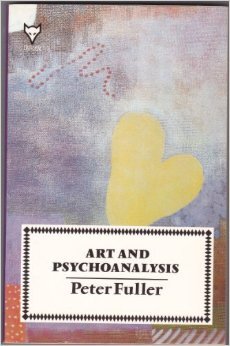
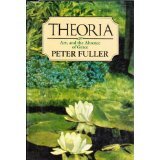
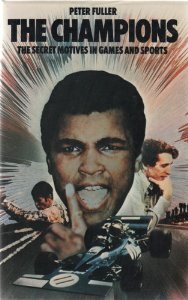
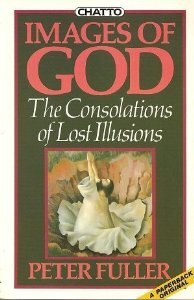
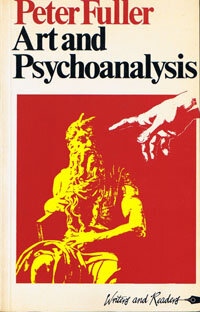
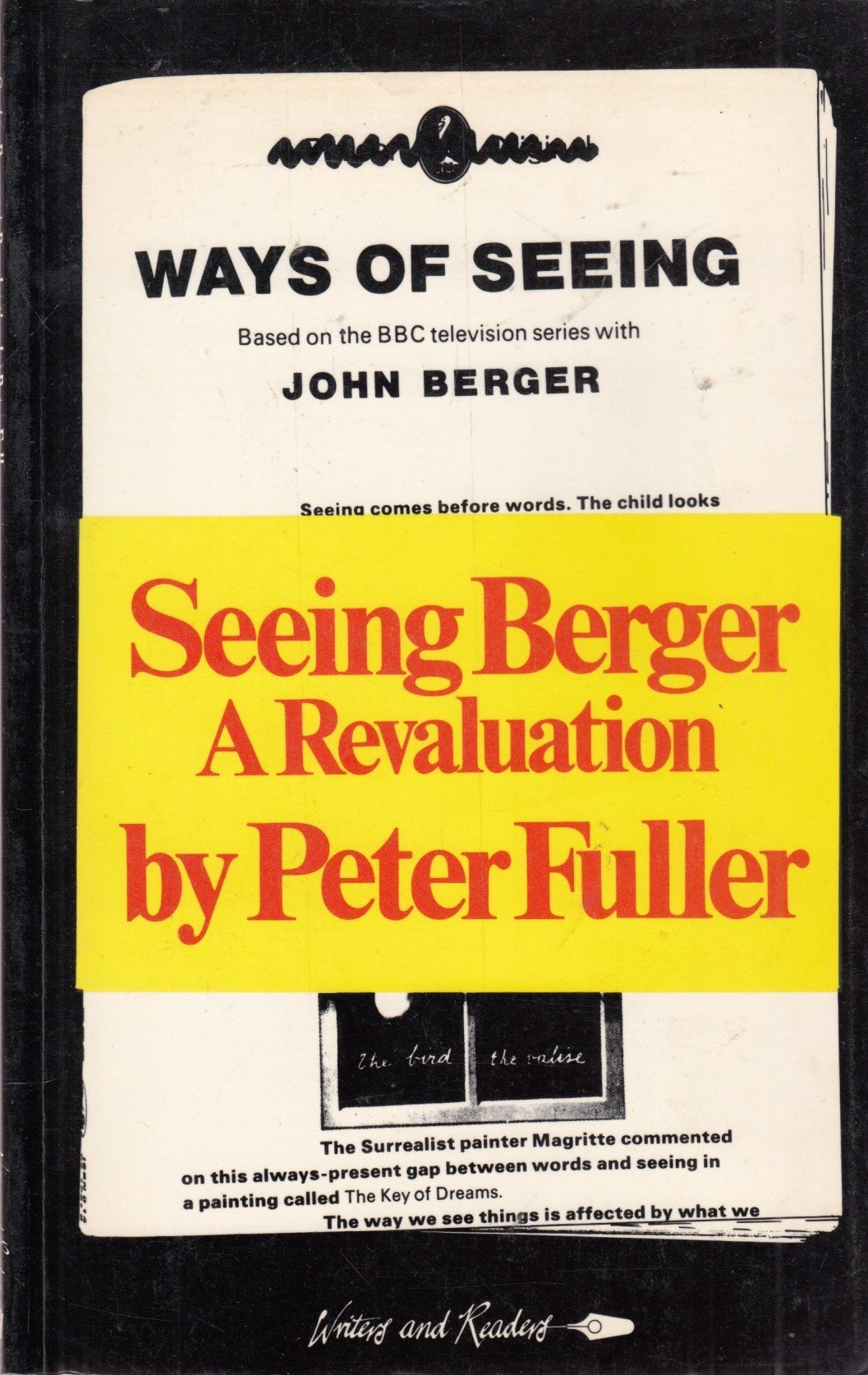
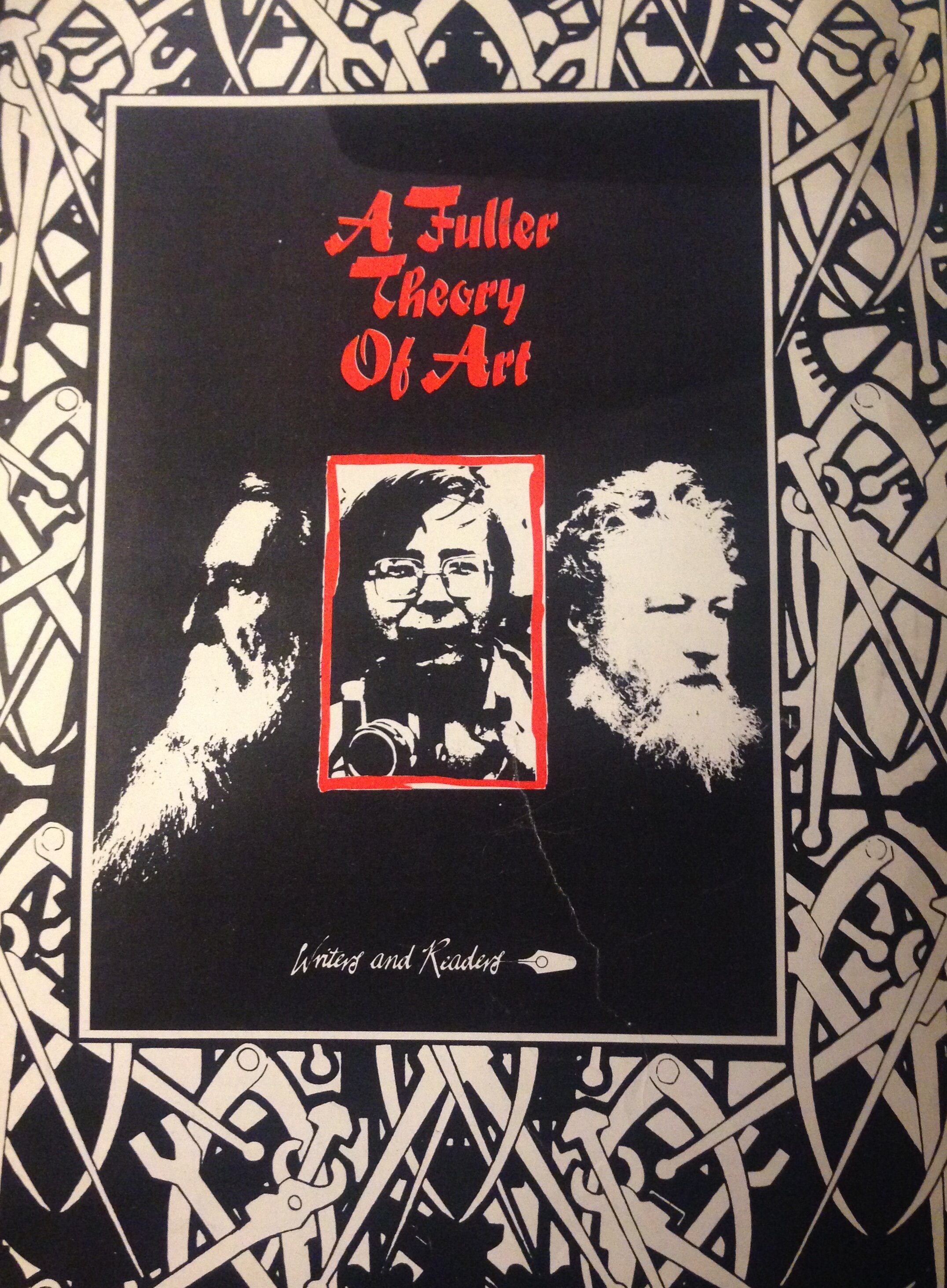
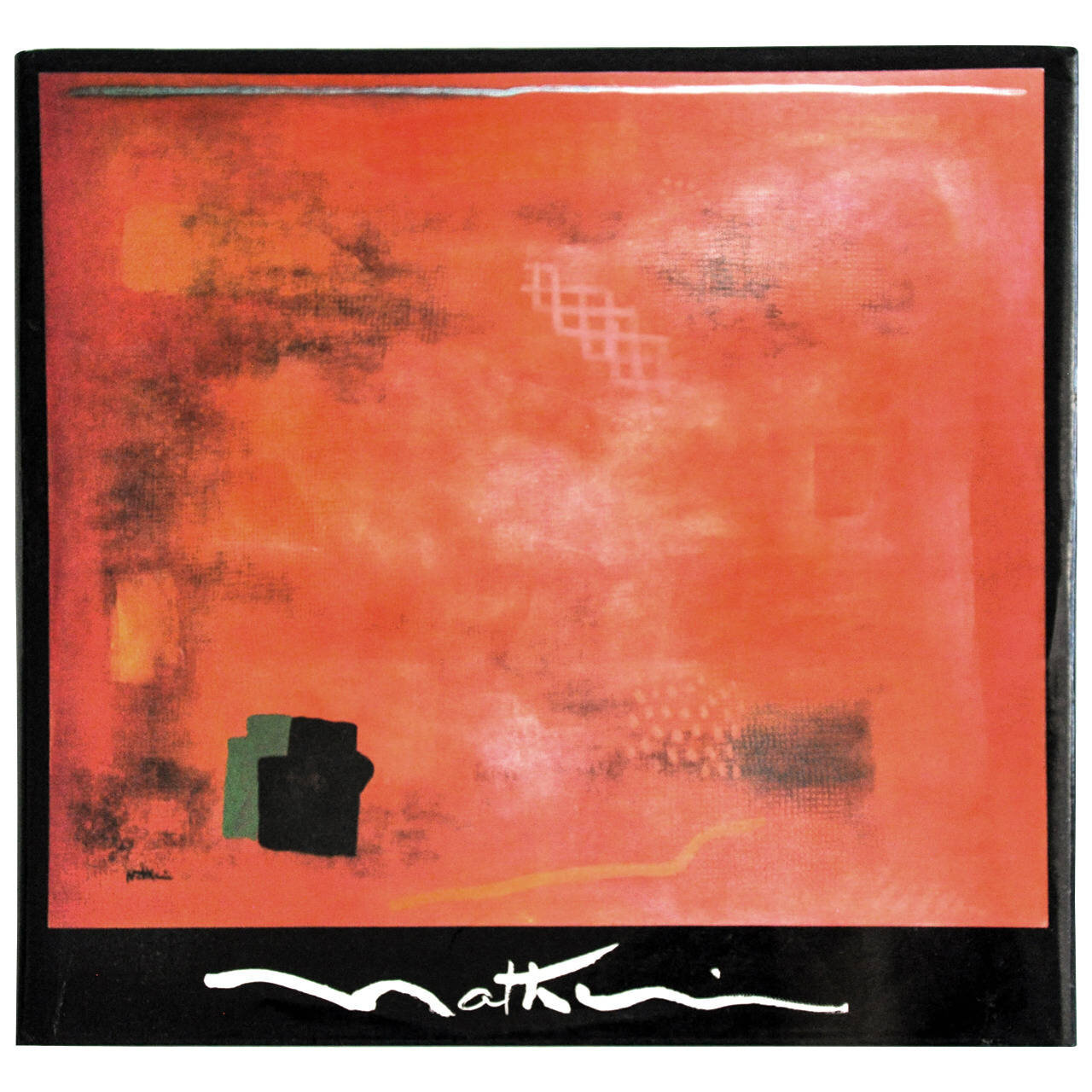
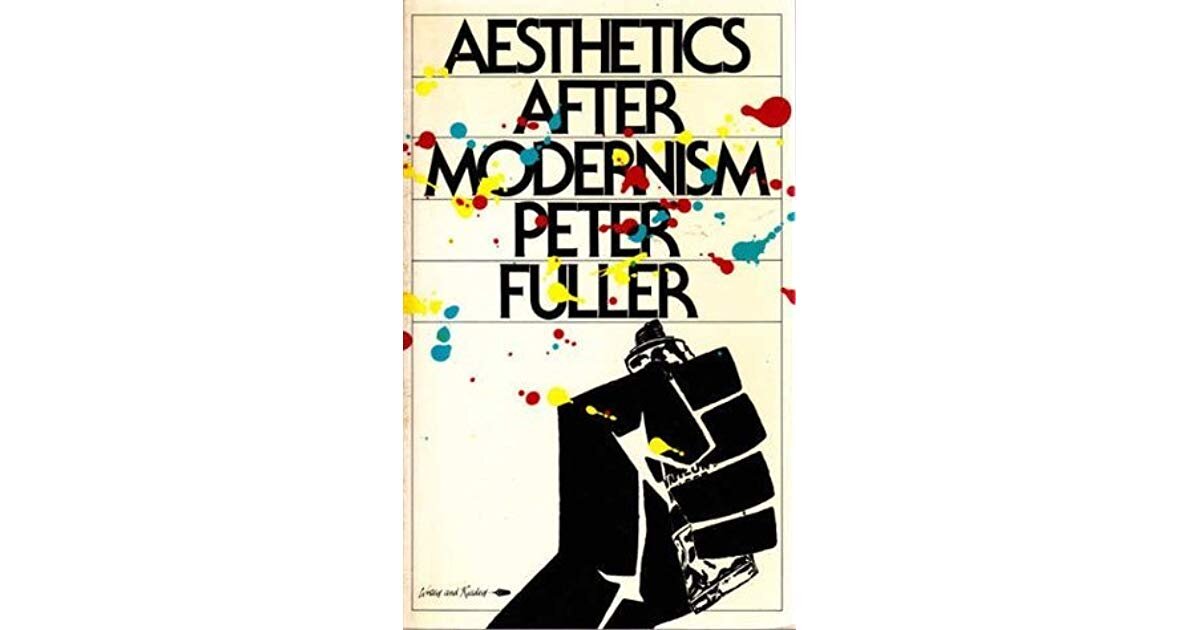
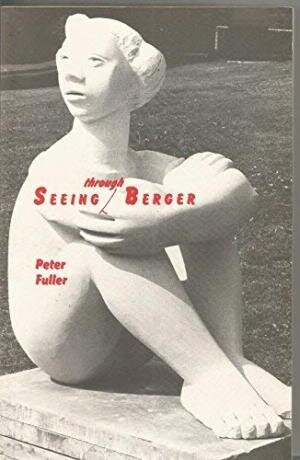
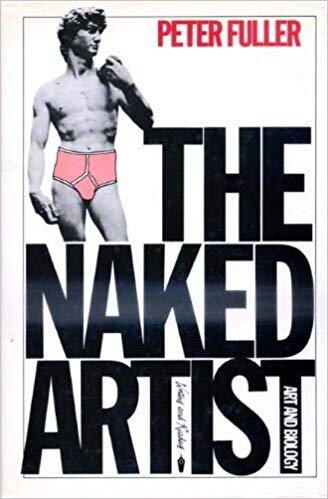
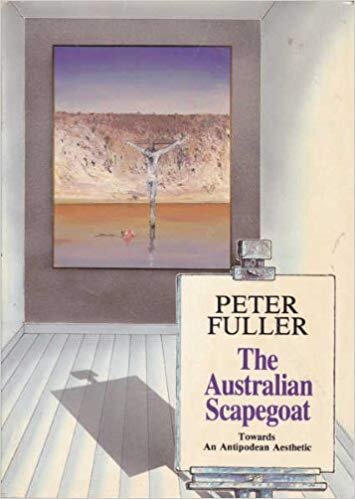
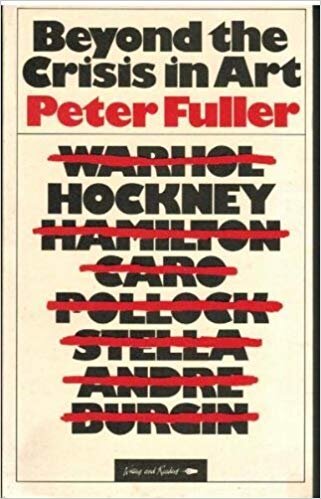
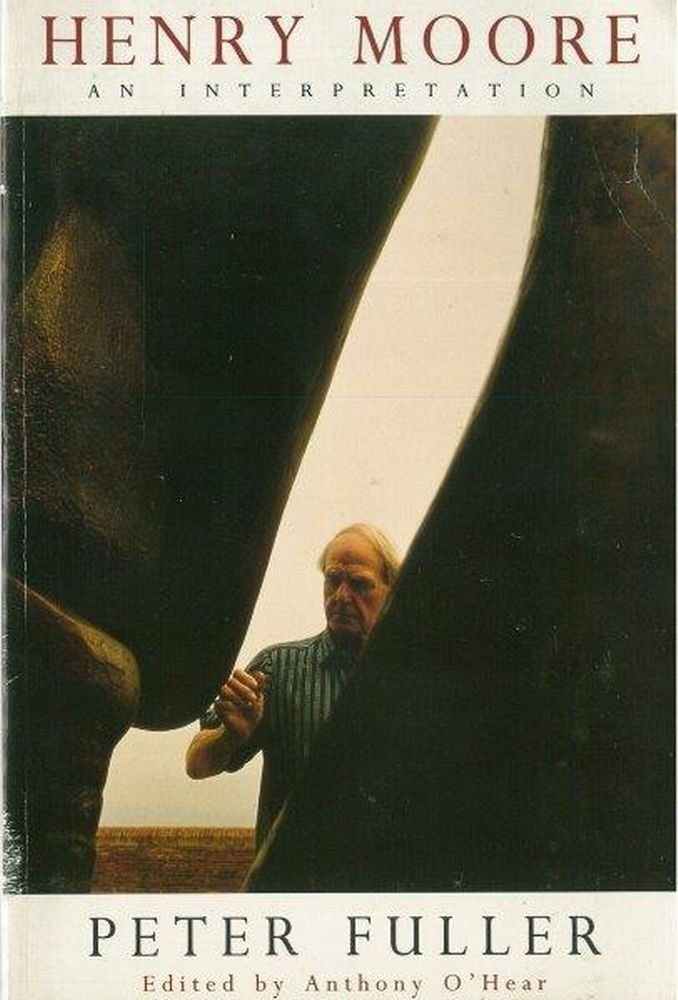
Peter Fuller by Anthony Daly
The art community:
To understand Peter Fuller’s life and work, it is essential to acknowledge the intricate web of relationships that shaped his narrative. Below is a timeline that captures pivotal moments and reflections surrounding his contributions, providing context to the community that both nurtured and challenged him.
Timeline of Peter Fuller
Early Life: Born in a vibrant community, Peter navigated his formative years surrounded by the influences of family and friends. These relationships left a lasting imprint on his worldview.
Emerging Writer: As Peter began to express himself through writing, he formed deep connections with fellow writers and artists. Their interactions, both collaborative and contentious, contributed significantly to his creative evolution.
Key Relationships: Throughout his life, Peter encountered various individuals who played critical roles in his journey. From mentors who inspired his craft to peers who sparked debates, each person brought complexity to his experiences.
Publications and Reception: Peter’s writing was met with mixed reactions. Some praised his insights, while others critiqued his approach. These varied perceptions fueled his desire to refine his voice and challenged him to confront uncomfortable truths.
A huge debt of gratitude must be paid to everyone who was involved in the Peter Fuller Memorial Foundation for all their hard work over the years (please see further writing on this subject at the bottom). This is a continually evolving piece with many question marks and people/stories I have left out, particularly more of the artists he championed. I am contributing to the page regularly, so if it instigates memories for you that you would like to share please use the comment section at the bottom or email me at laurence(at)laurencefuller(dot)art
portraits
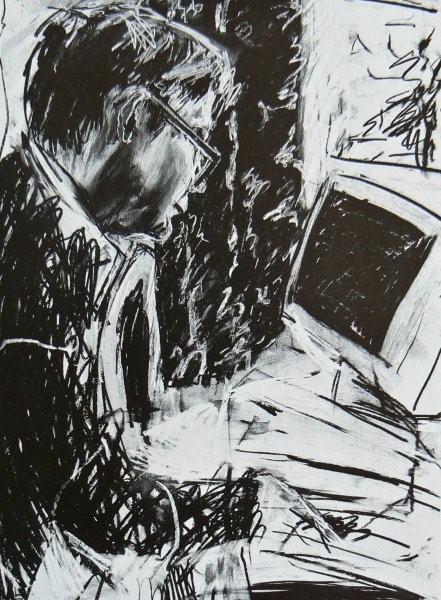
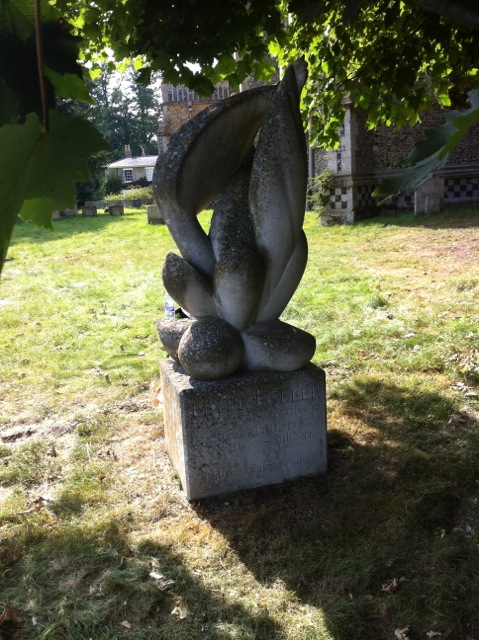
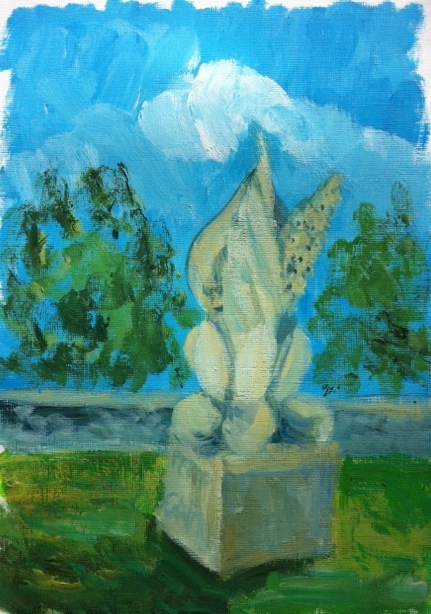
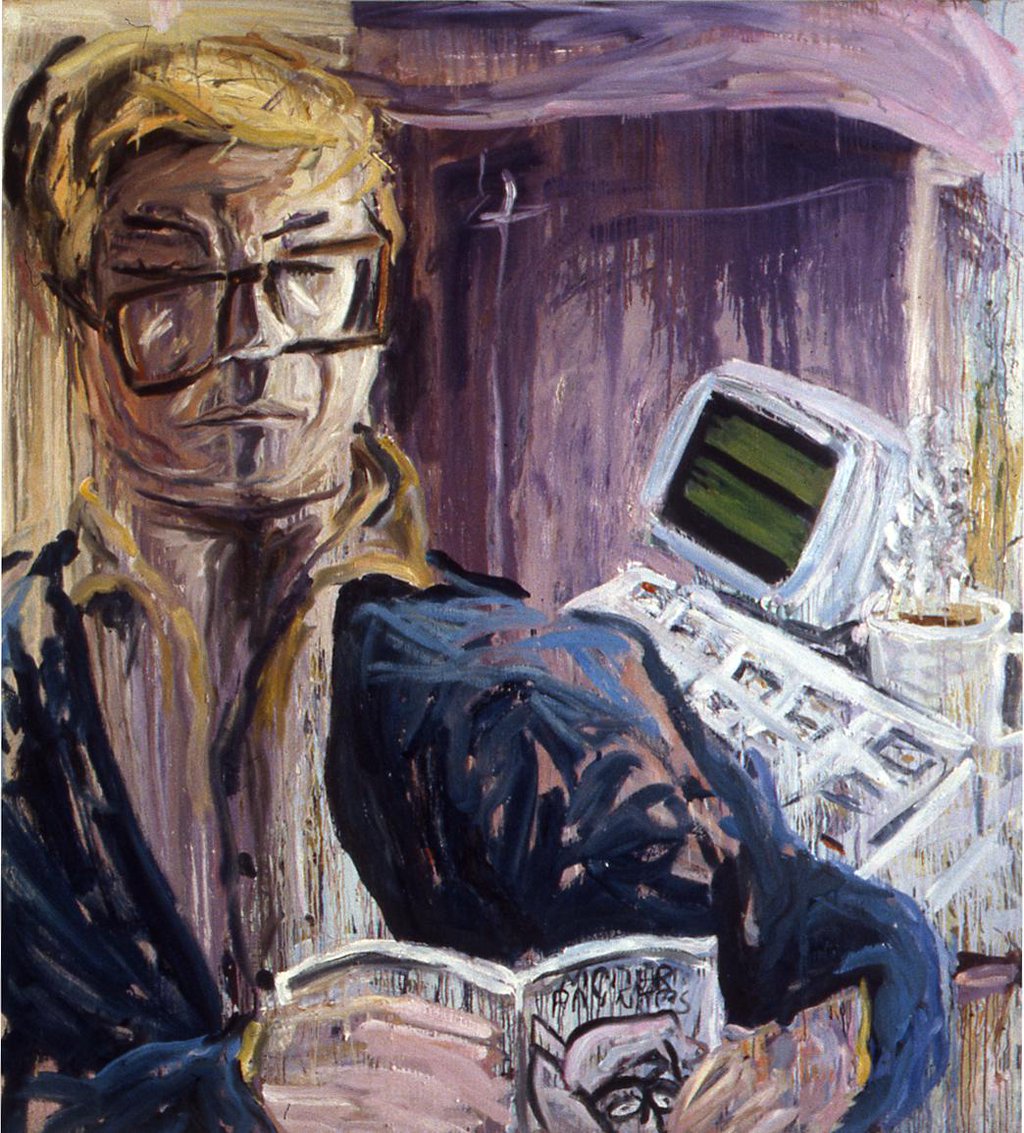
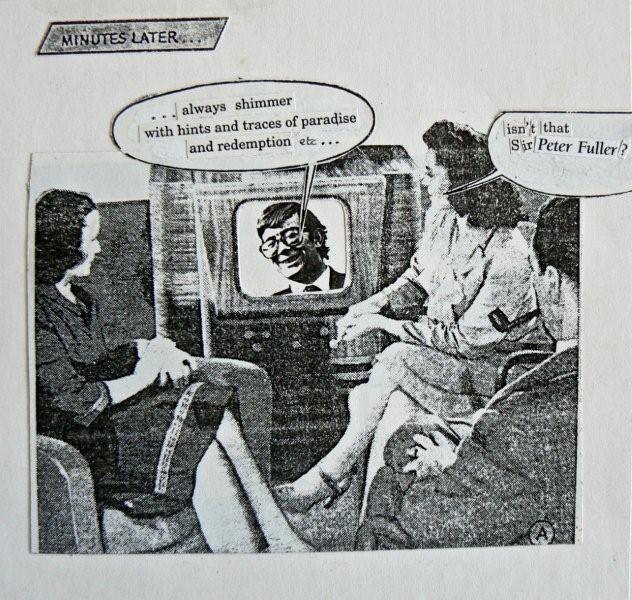
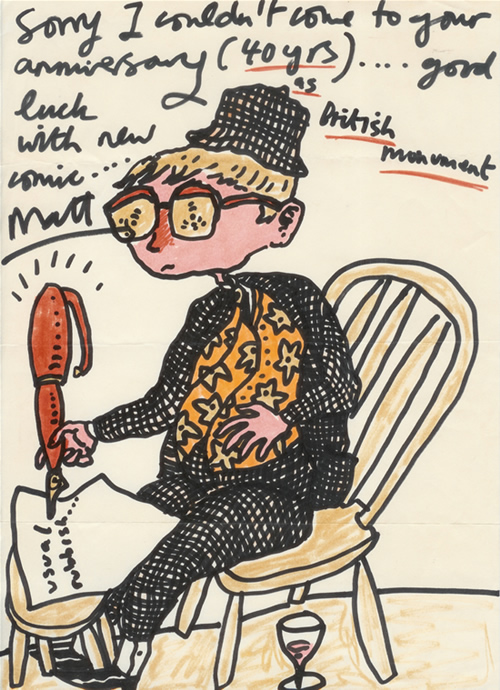
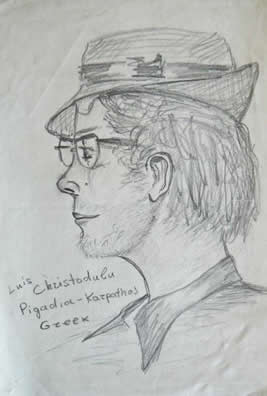
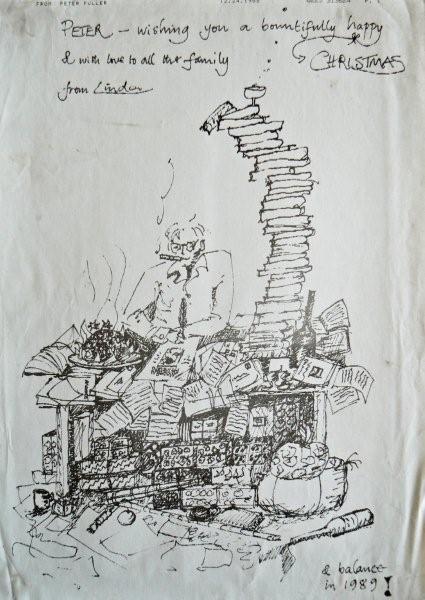
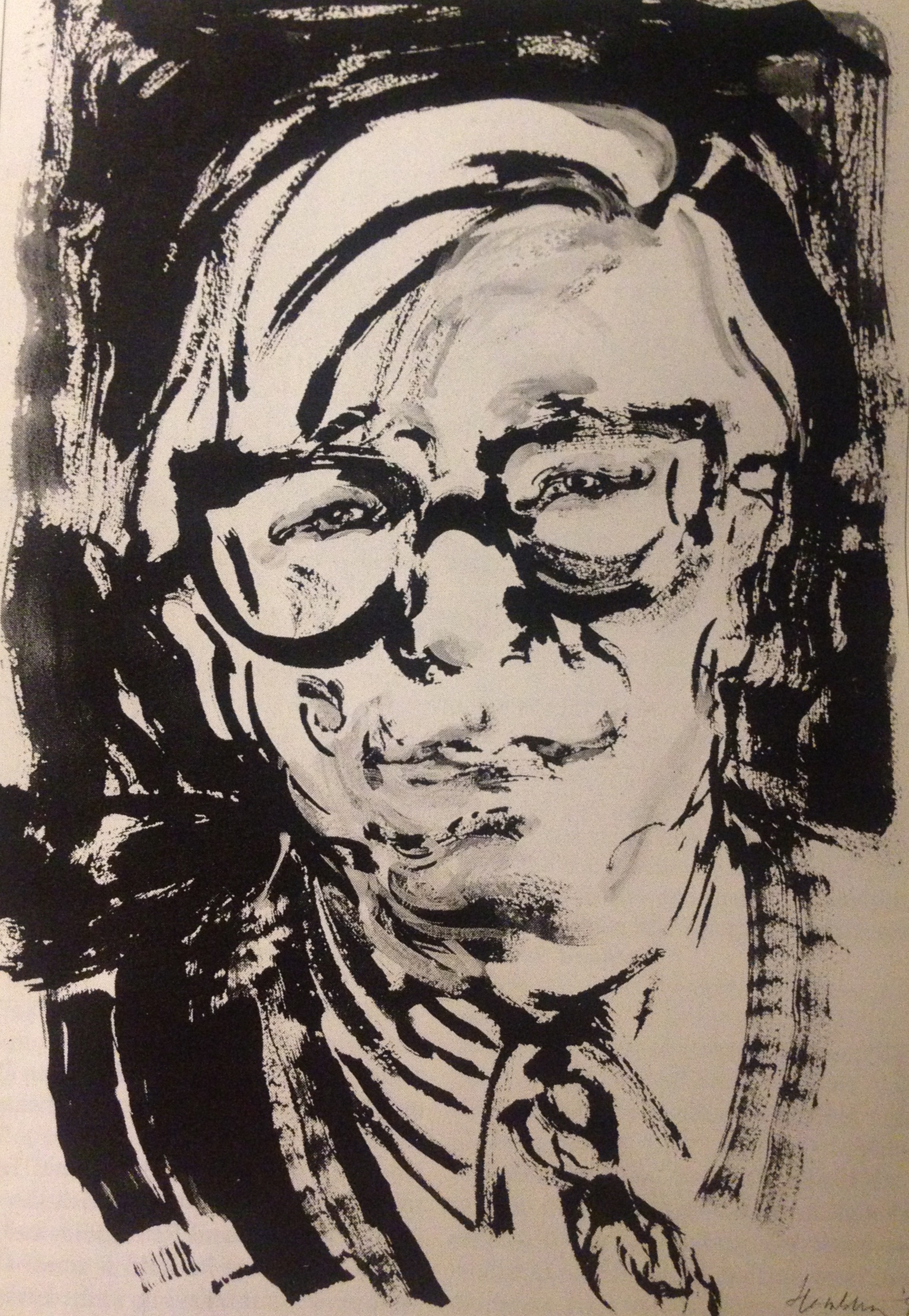
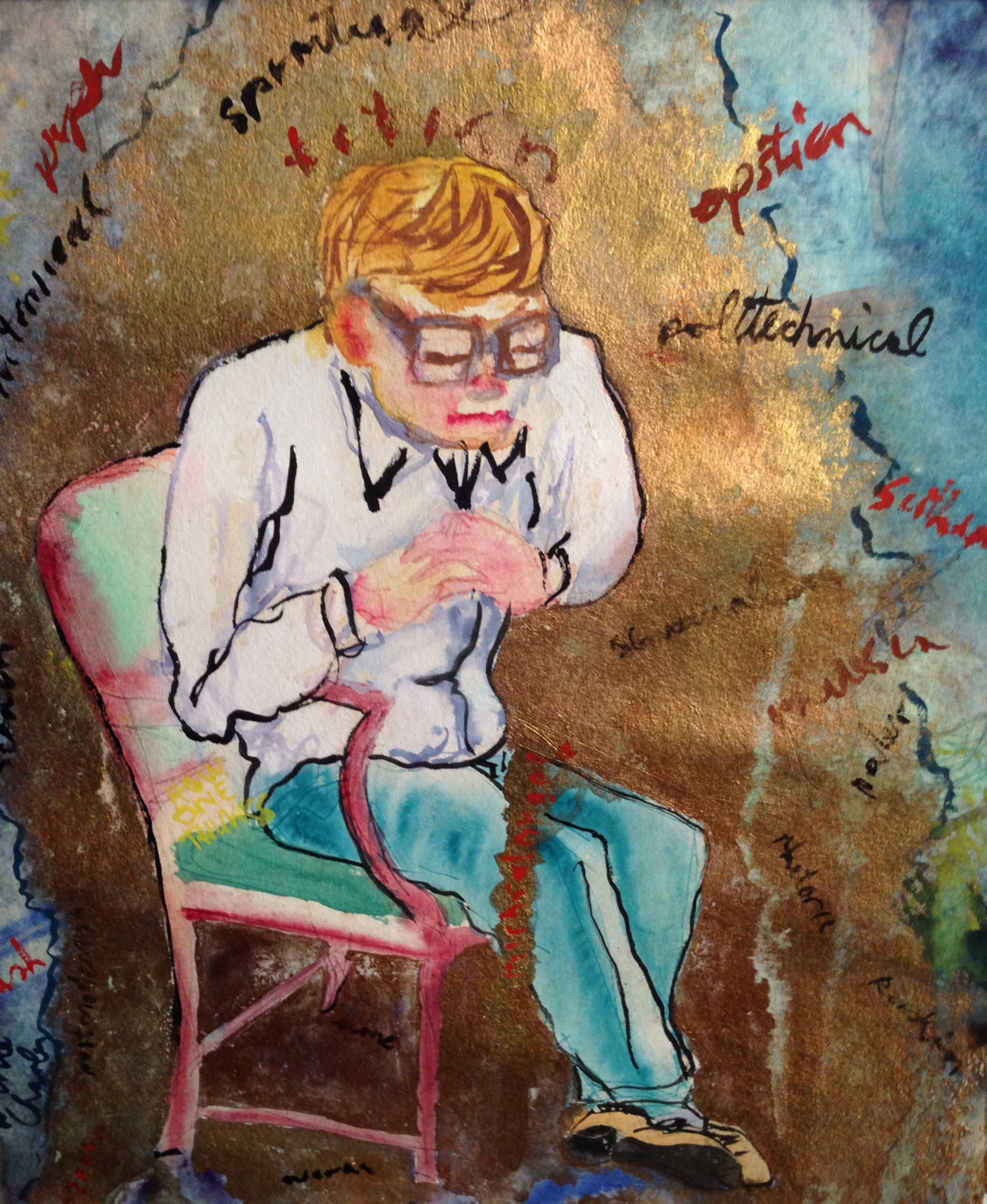
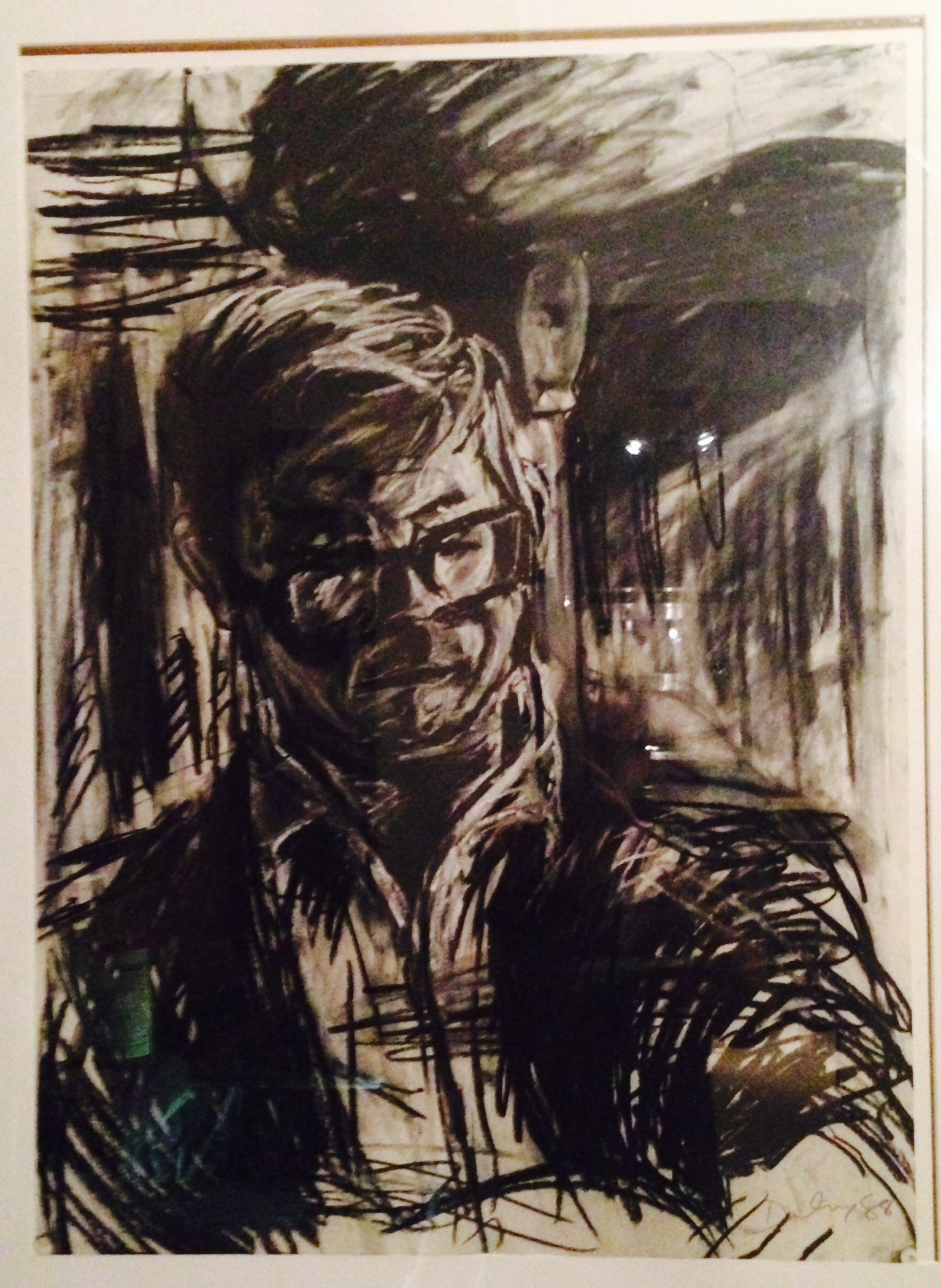

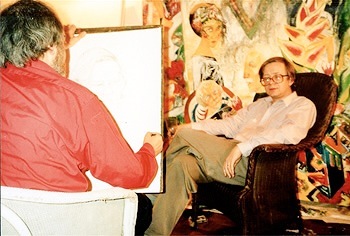
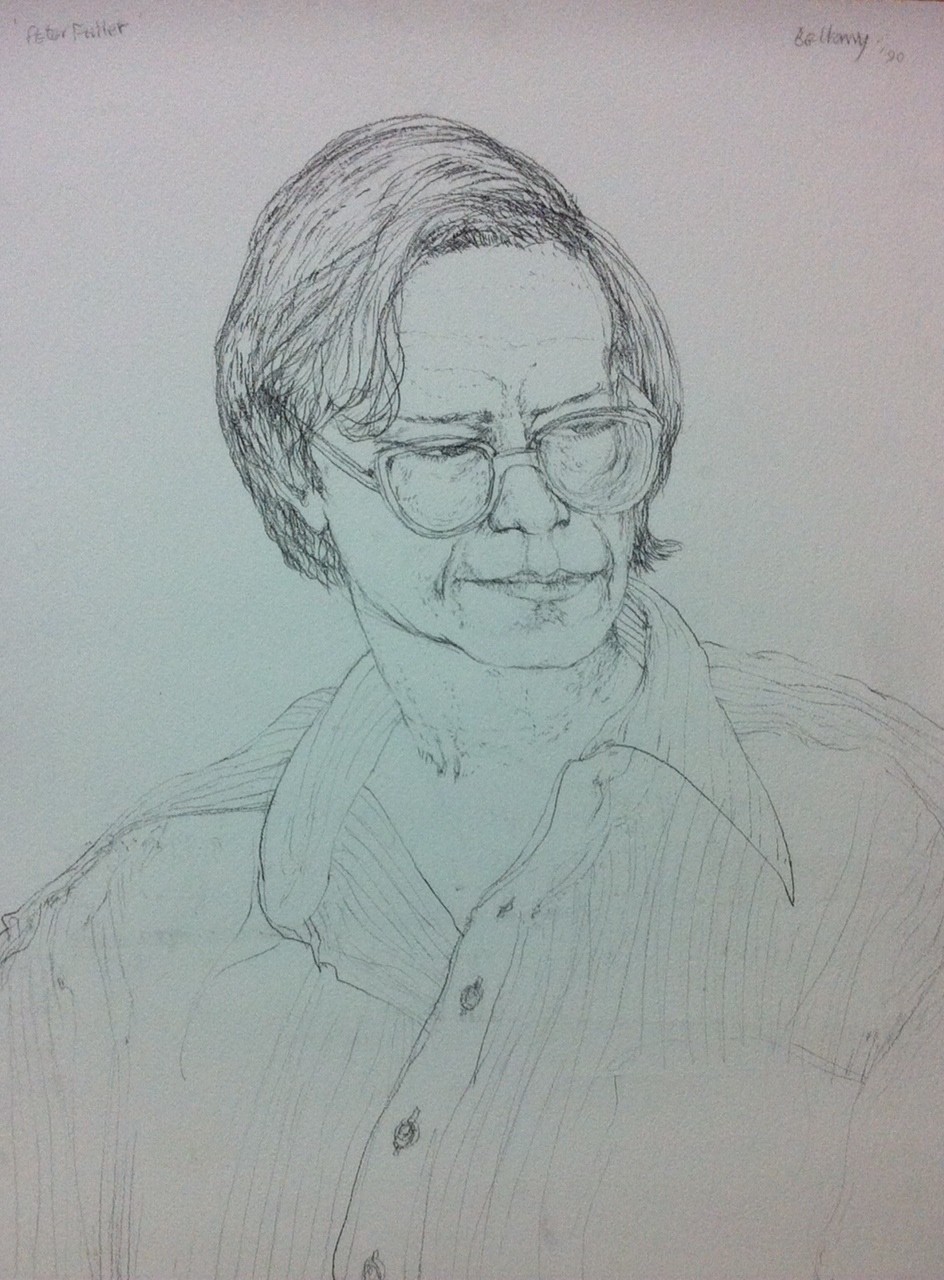
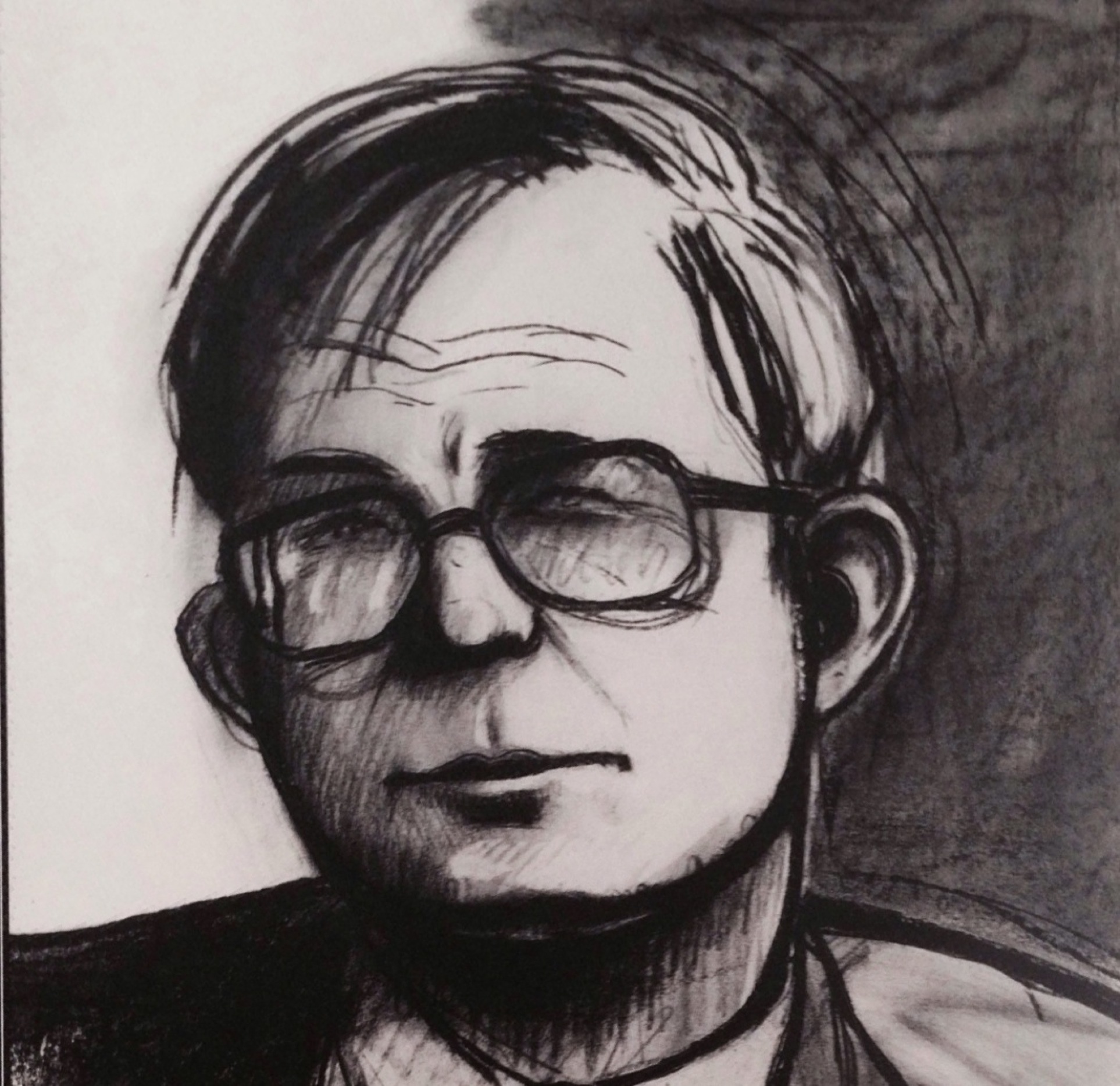
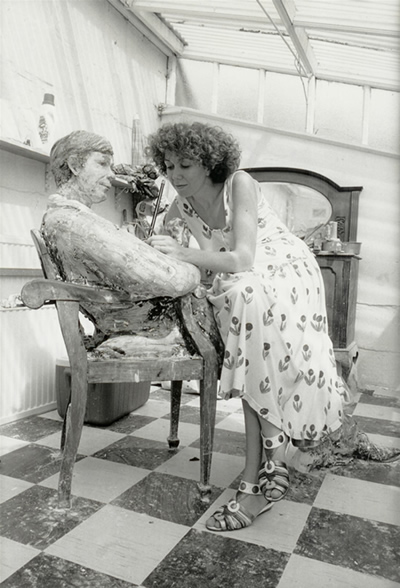
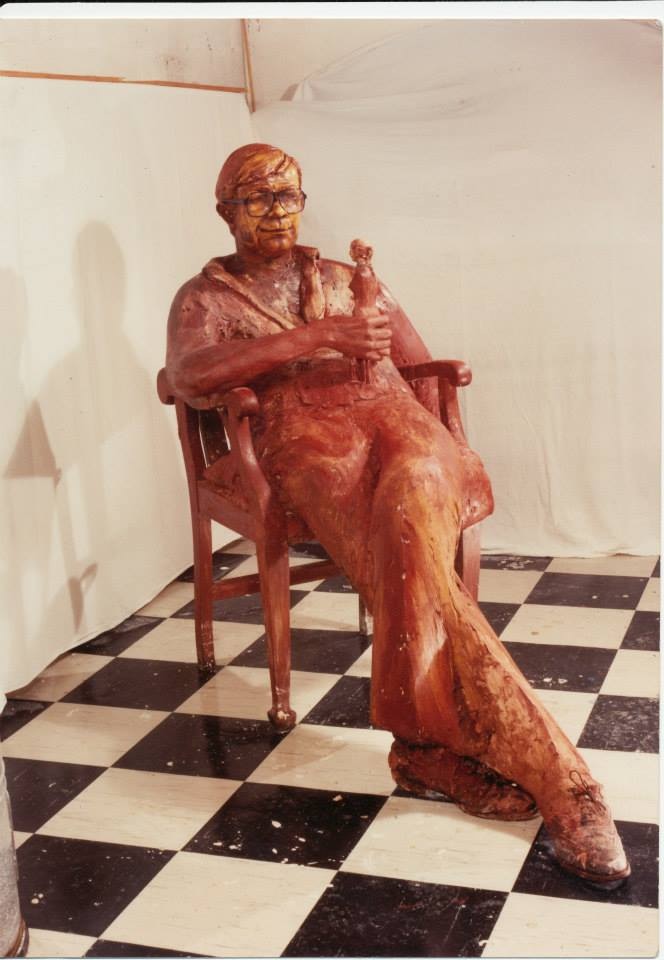
"During the decade 1965 to 1975 some habitués of the London art world used to spend at least half-an-hour a day discussing the ideas and opinions of the American art critic Clement Greenberg. Recently, a visiting American told me that he and his acquaintances in the New York artworld spend at least half-an-hour a day talking about the theories of the British art critic Peter Fuller. Times do change." John A. Walker, Aspects [mid-1980s]
"Peter Fuller was the most important art critic working in Britain in his time - or at least that is what I am quoted as saying on the back of several of his books. He kept putting it in the blurbs even when he knew that I had long since changed my mind about this youthful claim. Indeed, he kept putting it in precisely because he knew I had changed my mind. Oh my, how Peter liked to annoy people. He was that rarest of creatures - an art historian with a sense of fun" - Waldemar Januszczak
"[Peter was] very intelligent, funny, tortured, ambitious and confident. Without the torture he would be more like the preposterous twit he seemed, to art world trendies, to be." - Matthew Collings
"Peter Fuller stood above all for quality... He led a one-man attack on the international style and recently one felt he was winning" - Karen Wright
"He was one of those special people who would try to throw you out of your own house after you had eaten dinner together." - Bob Chenciner
"Even if you disagree with every single statement and judgement of his, his undoubted value is that it's worth reading him, for the seriousness of his level of engagement" - Michael Shepherd, Arts Review
"Peter Fuller was an irascible and uncompromising writer, who, while never forgetting to court a public, journeyed from Marxist to conservative, from materialist to quasi-religious views, barely touching the middle ground... Fuller's books and Modern Painters, the magazine which he founded, reached a wide public well beyond the normally closed circle of the art world, and so they are interesting not only their content but as cultural phenomena." - Julian Stallabrass, The Success and Failure of Peter Fuller
"He was extremely psychologically perceptive and he used that perception as a weapon in his writings. But off stage he was capable of knowing himself and of laughing at himself, most people who have jobs running the art world and whose aspirations for themselves and for art are much less grand than Peter's were, don't do that, they're too repressed." - Matthew Collings, The Late Show
"Art critics are generally little known outside their profession, but Peter Fuller's death in a car accident on 28 April 1990 triggered an avalanche of public tributes from friends, colleagues and even opponents. This response showed how far Fuller had succeeded in changing the direction of contemporary art debates, and in bringing those debates before the general public. The Tate Gallery has acknowledged Fuller's importance by taking on a huge archive of his papers, putting them alongside those of Roger Fry and Sir Kenneth Clark. With Fuller's death, British art lost its most energetic and provocative commentator, its greatest catalyst for change and renewal. It was widely mooted, in the obituaries, that Fuller was irreplaceable. So it has proved. In his absence, it is only too plain that the quality of art commentary in this country has settled back into the torpid and self-satisfied slumber he worked so hard to disturb." - John McDonald, Peter Fuller's Modern Painters
AUSTRALIA
"In February 1984 I was invited by an artist to go to some talks headed and organised by David Bromfield. There was this voracious, what I thought young, British art critic. I continued going to the seminars which finished at the beginning of March, and then this young art critic was giving his own talks for another two weeks. I became more and more interested and noticed that he was picking me out in the audience. The day of his Ruskin lecture, I decided to stay at the very side of the auditorium to see whether he really was noticing me. He walked in in his usual shy way, put his lecture down on the stand, looked up, flicked back his fringe and glanced over the whole audience with a serious look on his face, until he suddenly caught my eye. He smiled and looked down at his lecture.
When walking out of the lecture, I could hear somebody behind me saying, 'Go on, go on, go on.' I turned around and Peter and David Bromfield were walking side by side with David nudging Peter. I kept walking out. He came up to me outside and asked me what I thought of the lecture. I said that some students were saying that they had already read that particular lecture. He said, ahl but it was in a different format. He asked me out to dinner that night." - Stephanie Burns
Portrait of Peter Fuller by John Bellany
MODERN PAINTERS
In 1986 Peter found his voice as the founding editor of Modern Painters, the magazine was the most controversial art journal of its day and remains one of the most widely read art magazines in the world. Peter’s editorials were hardhitting and widely discussed.
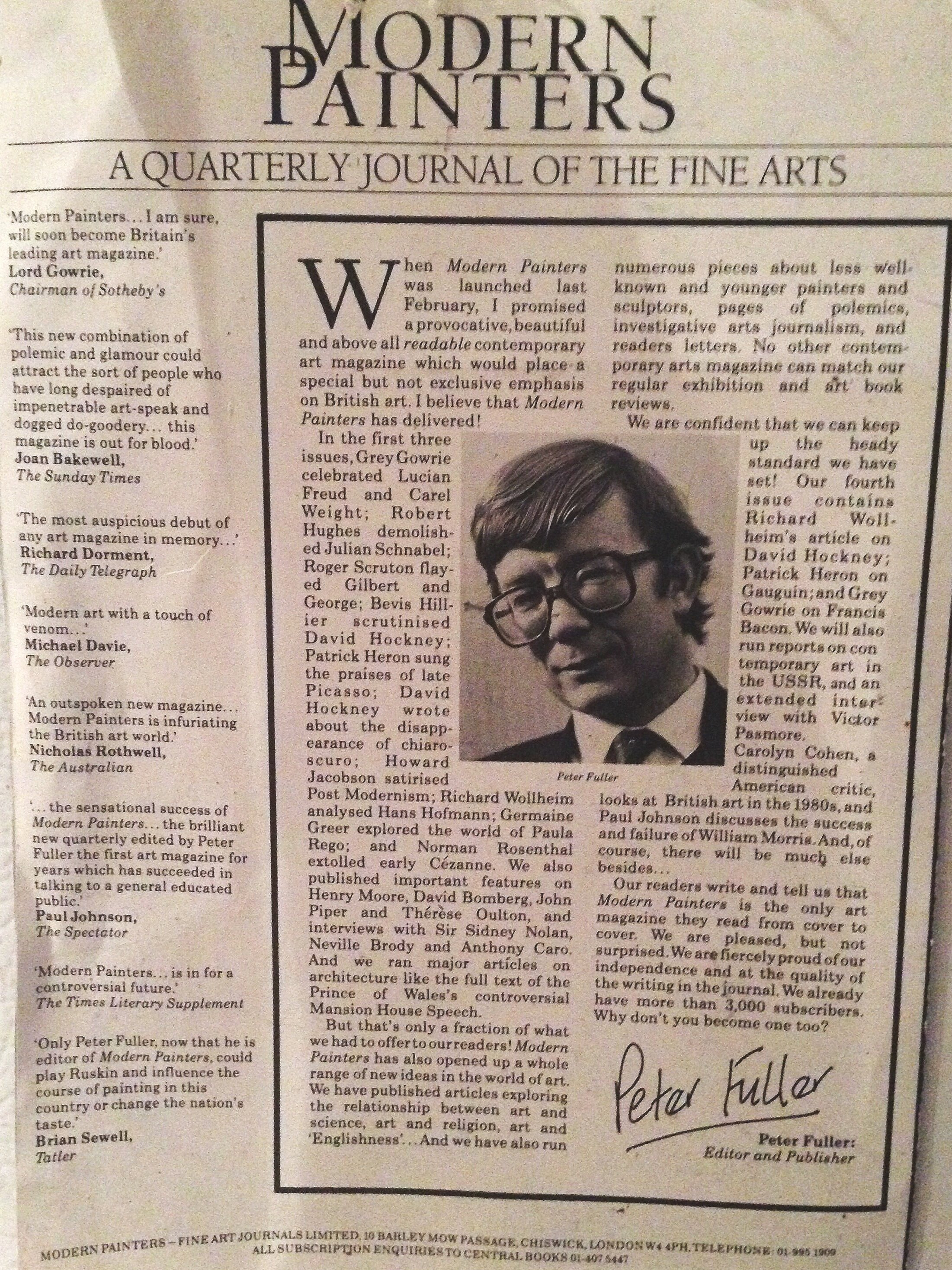
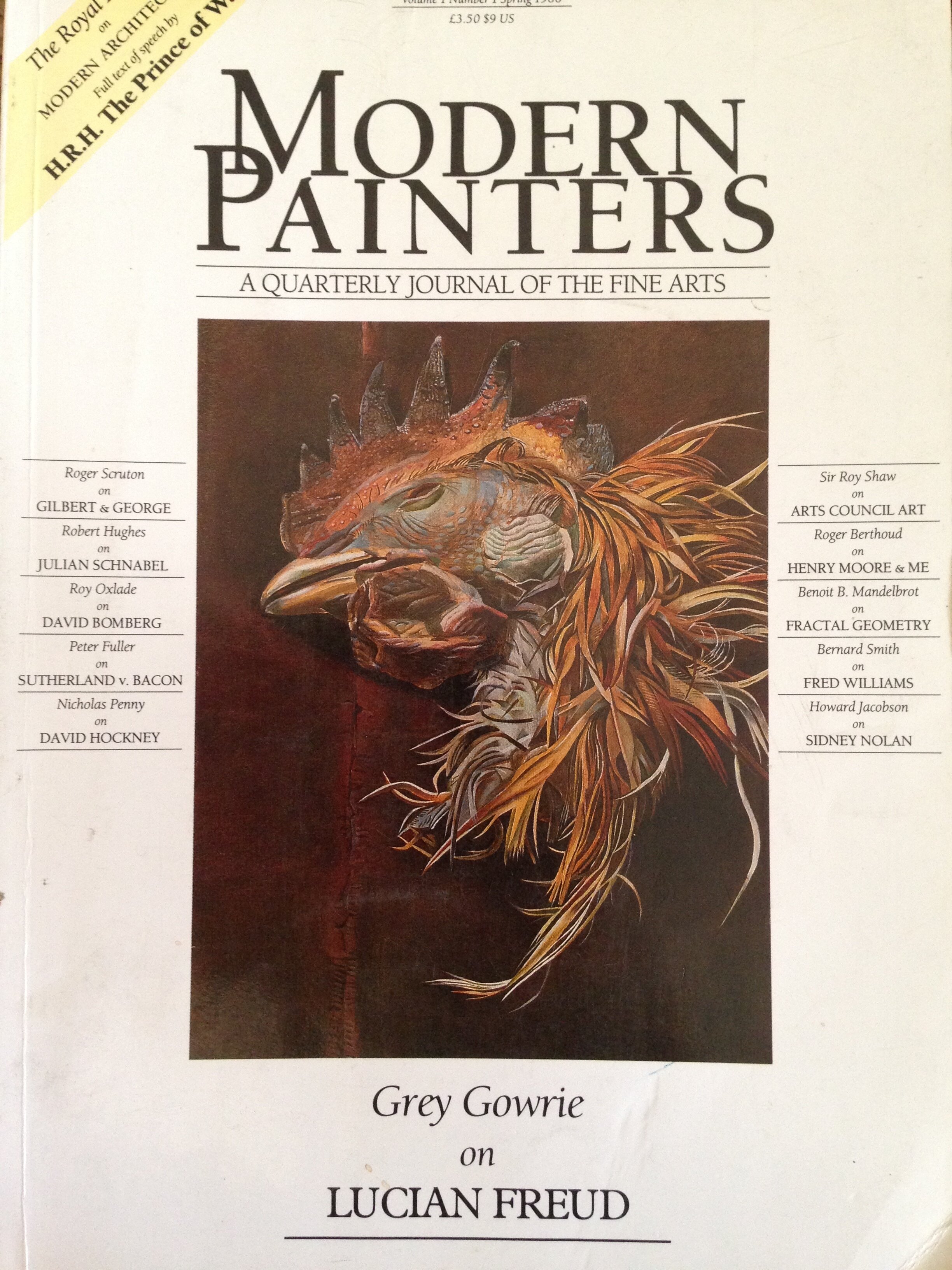
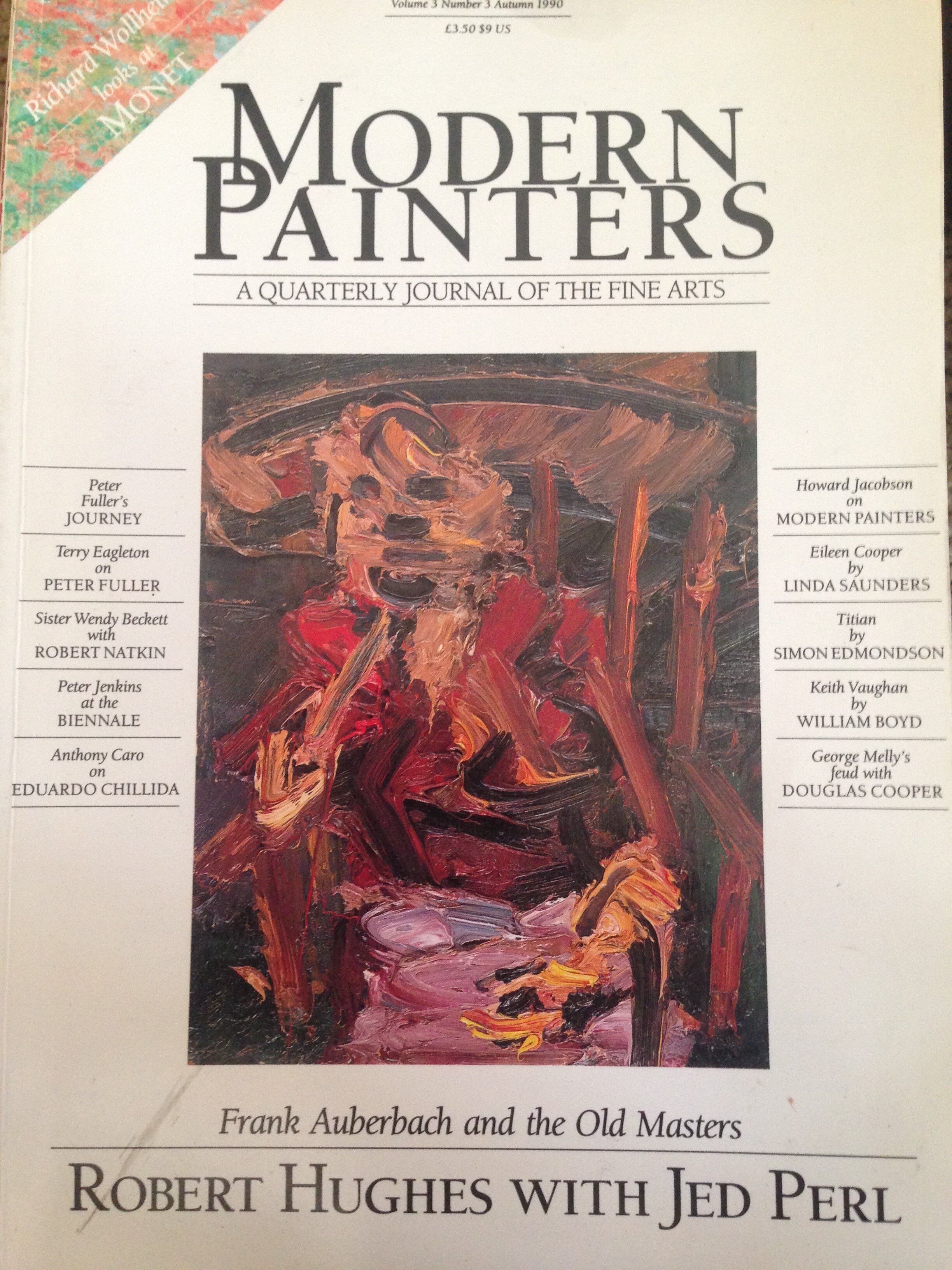



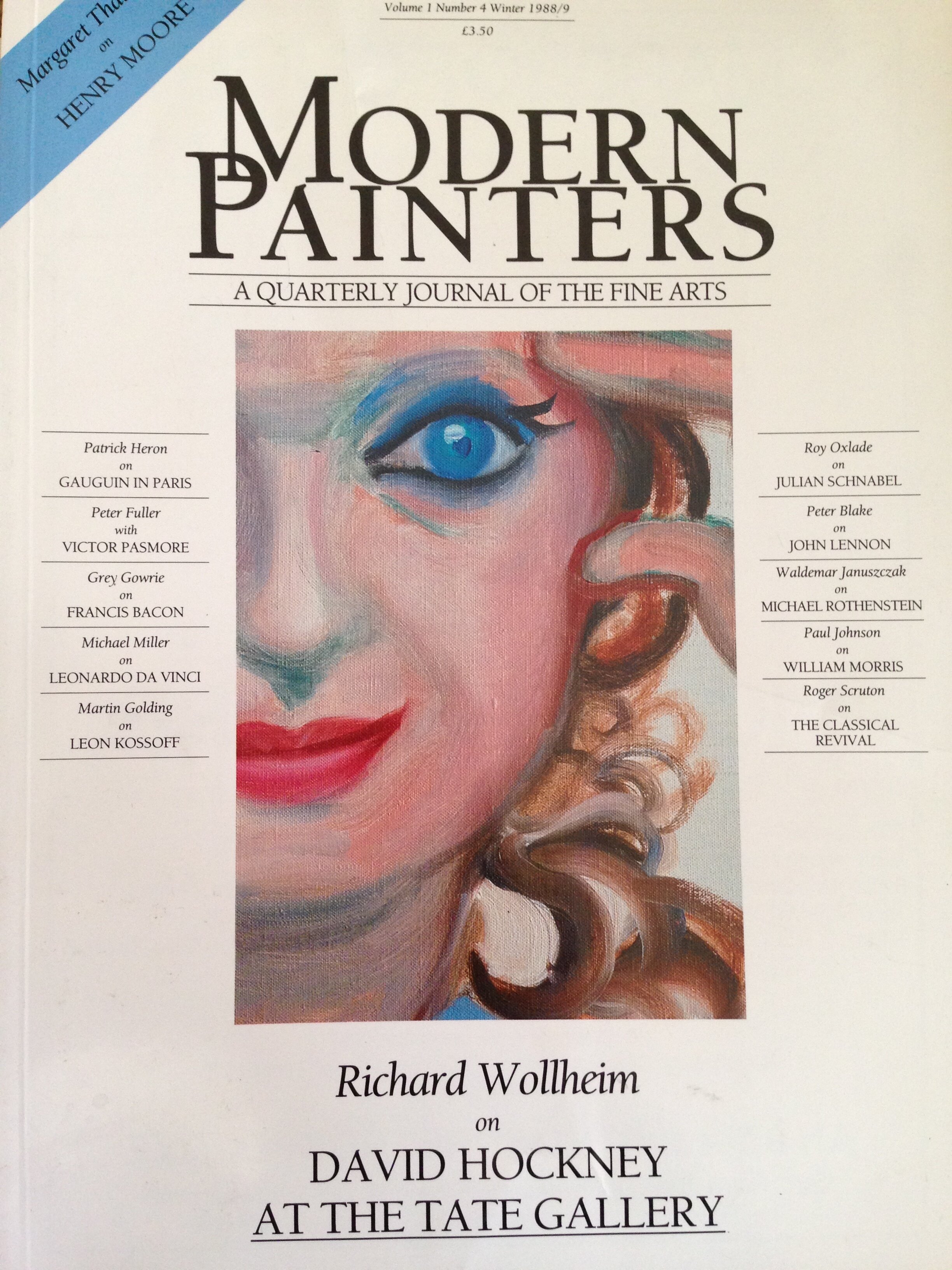
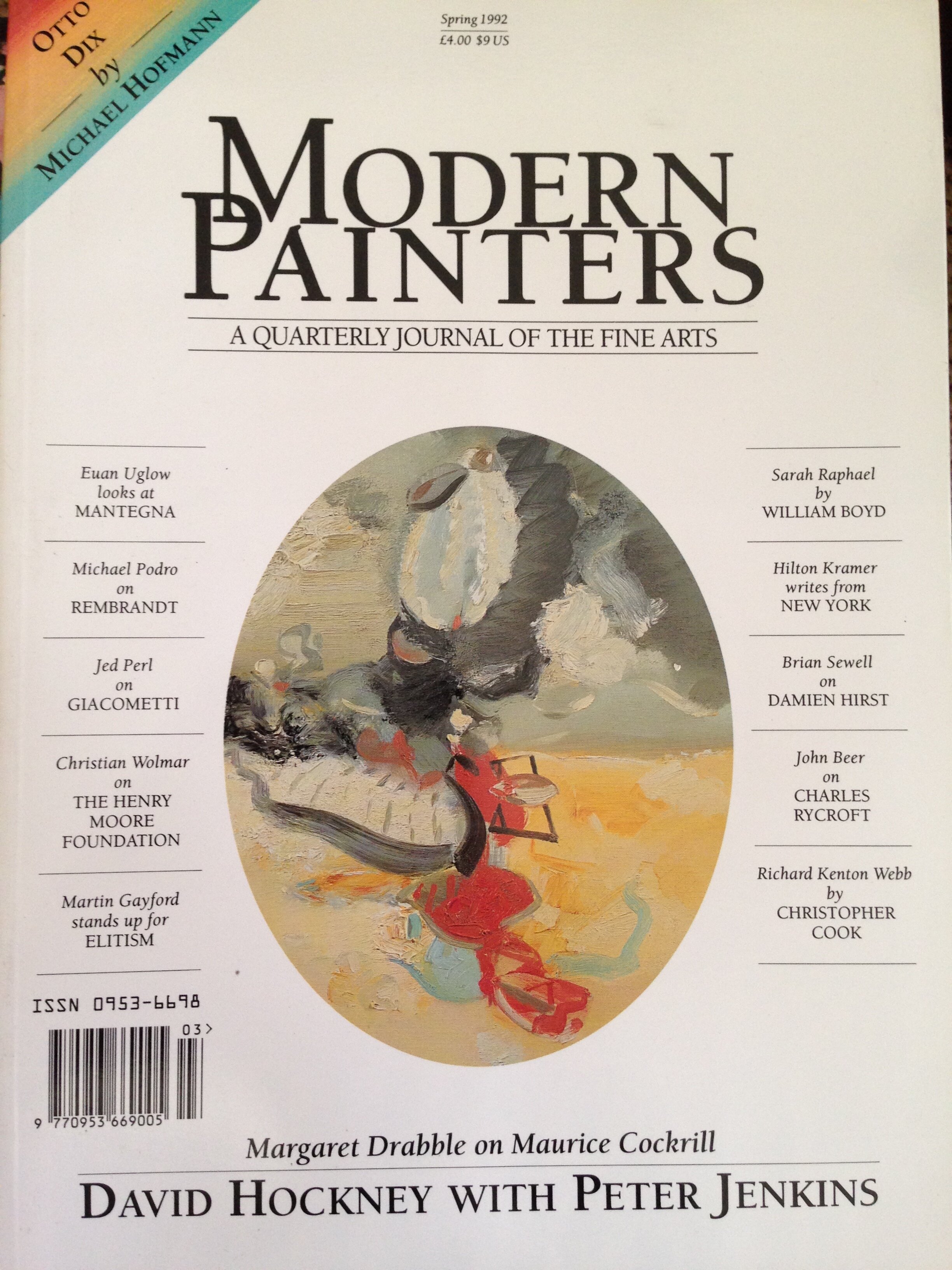


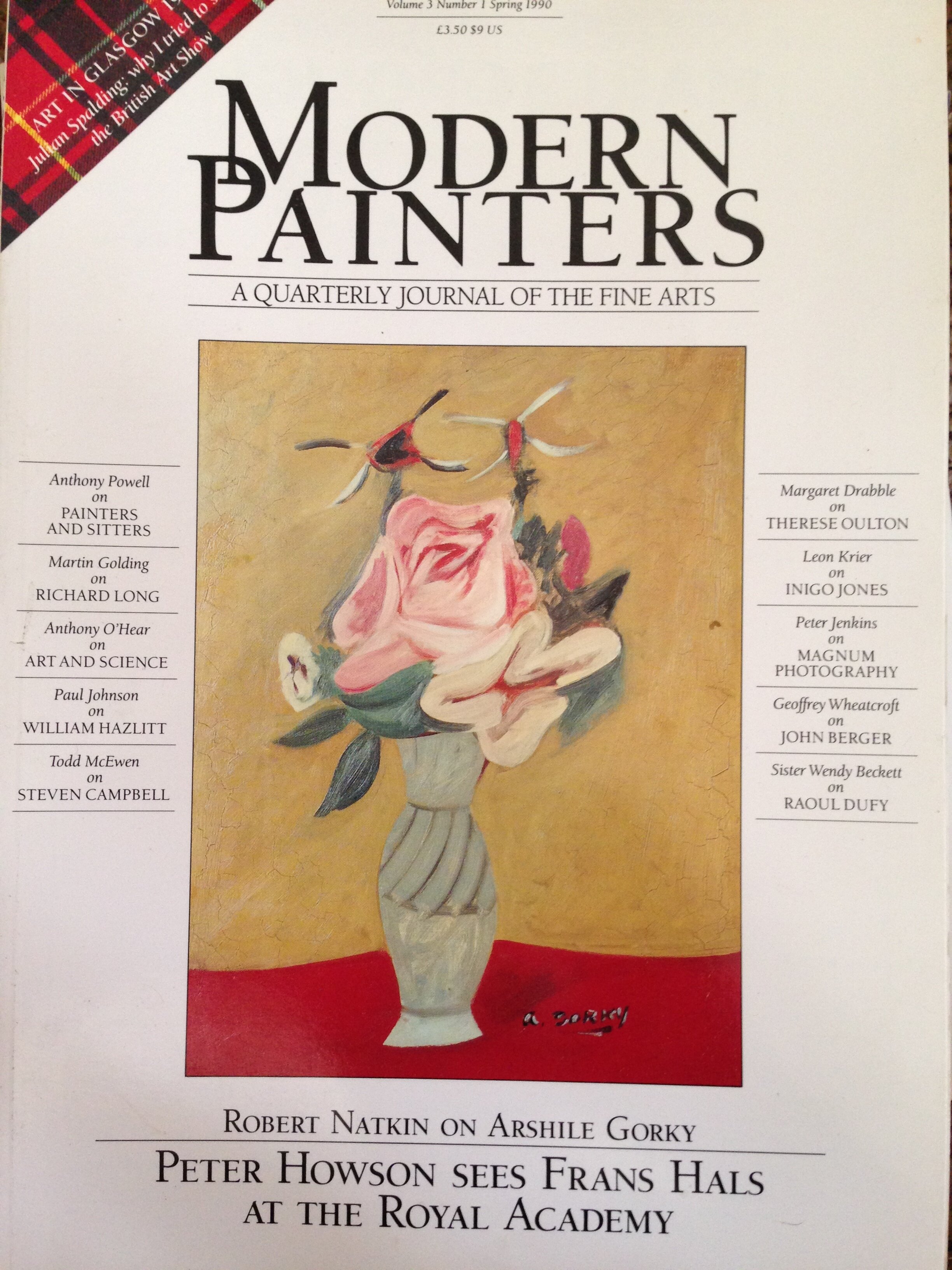
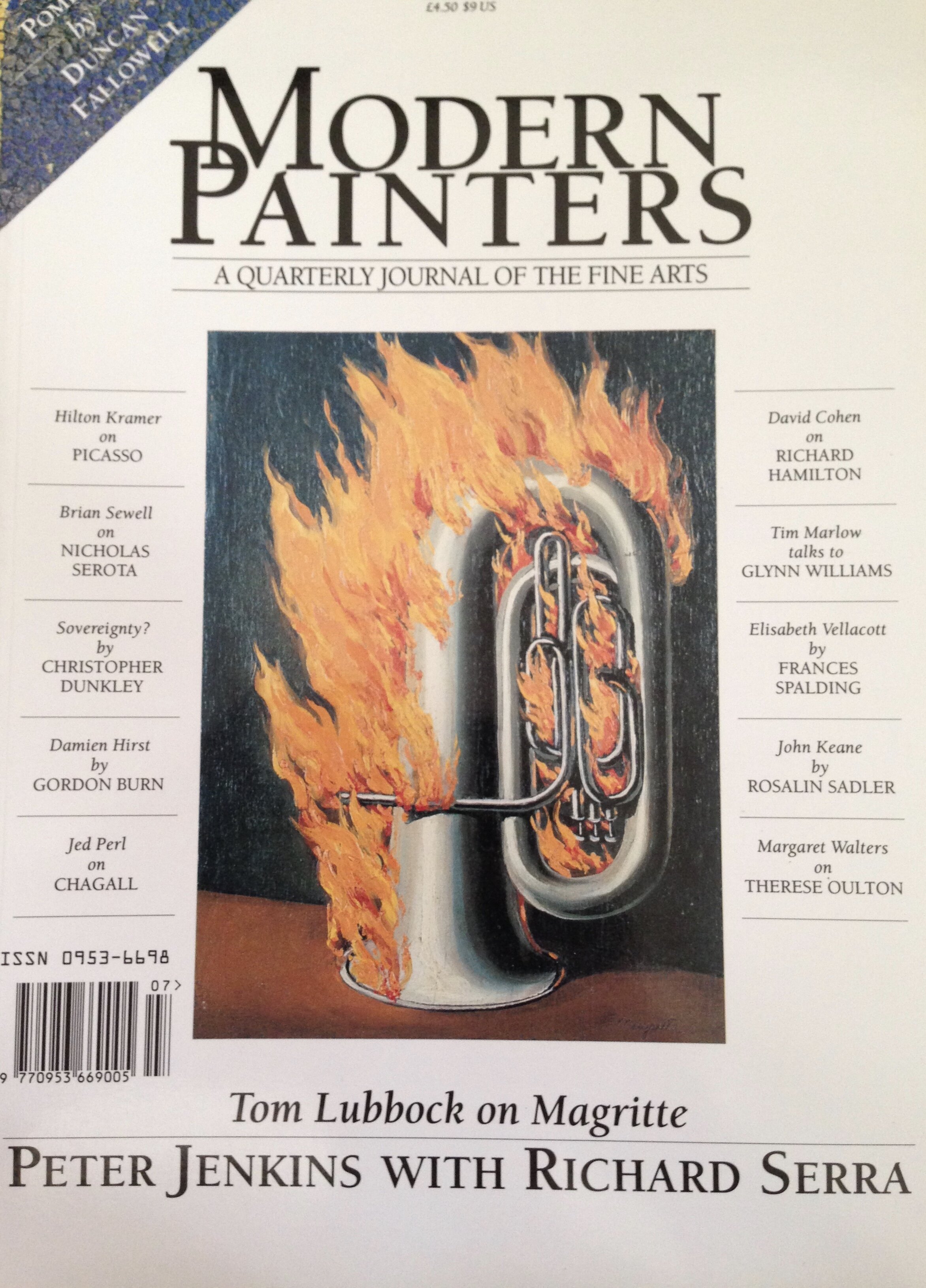
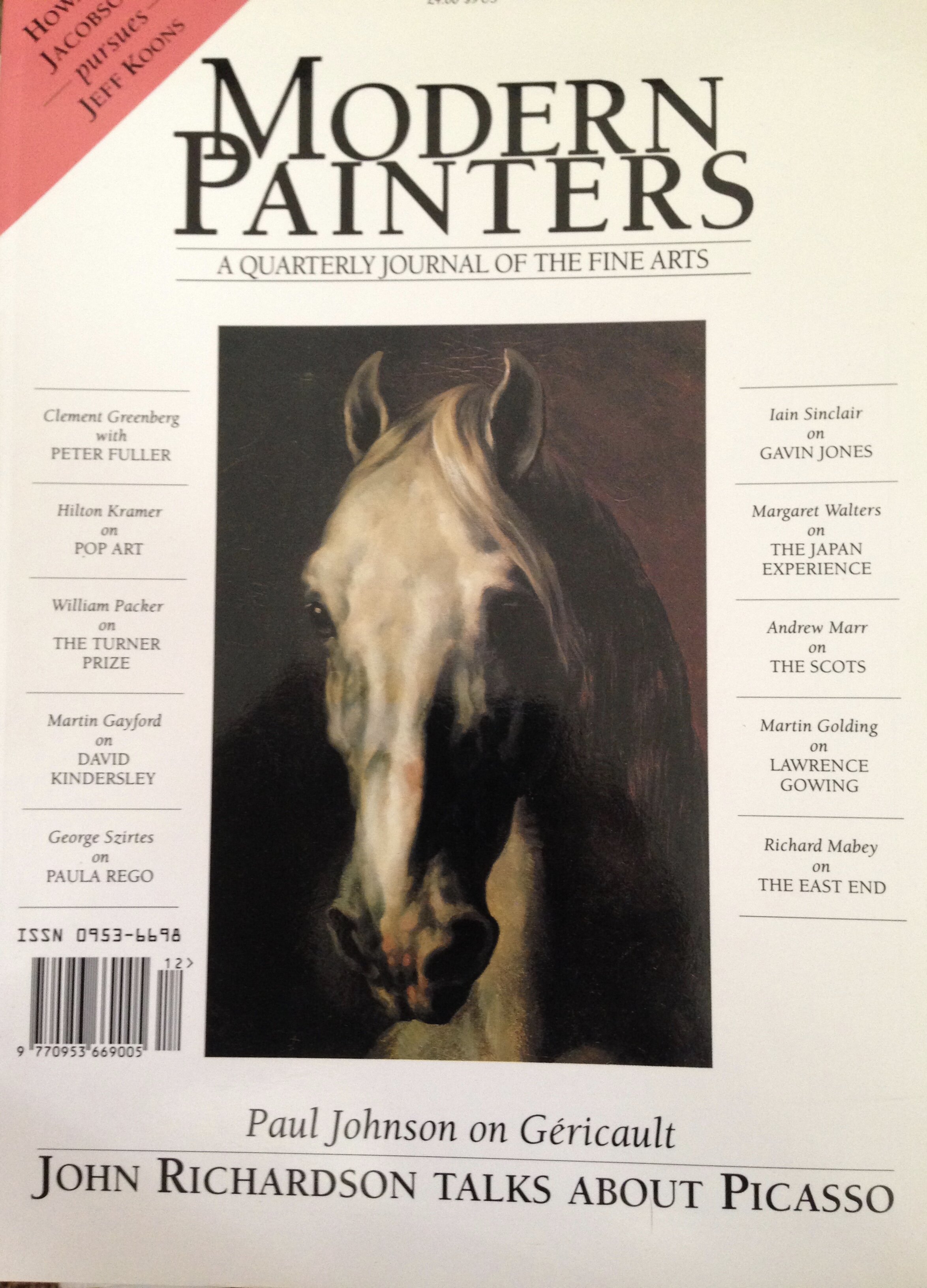

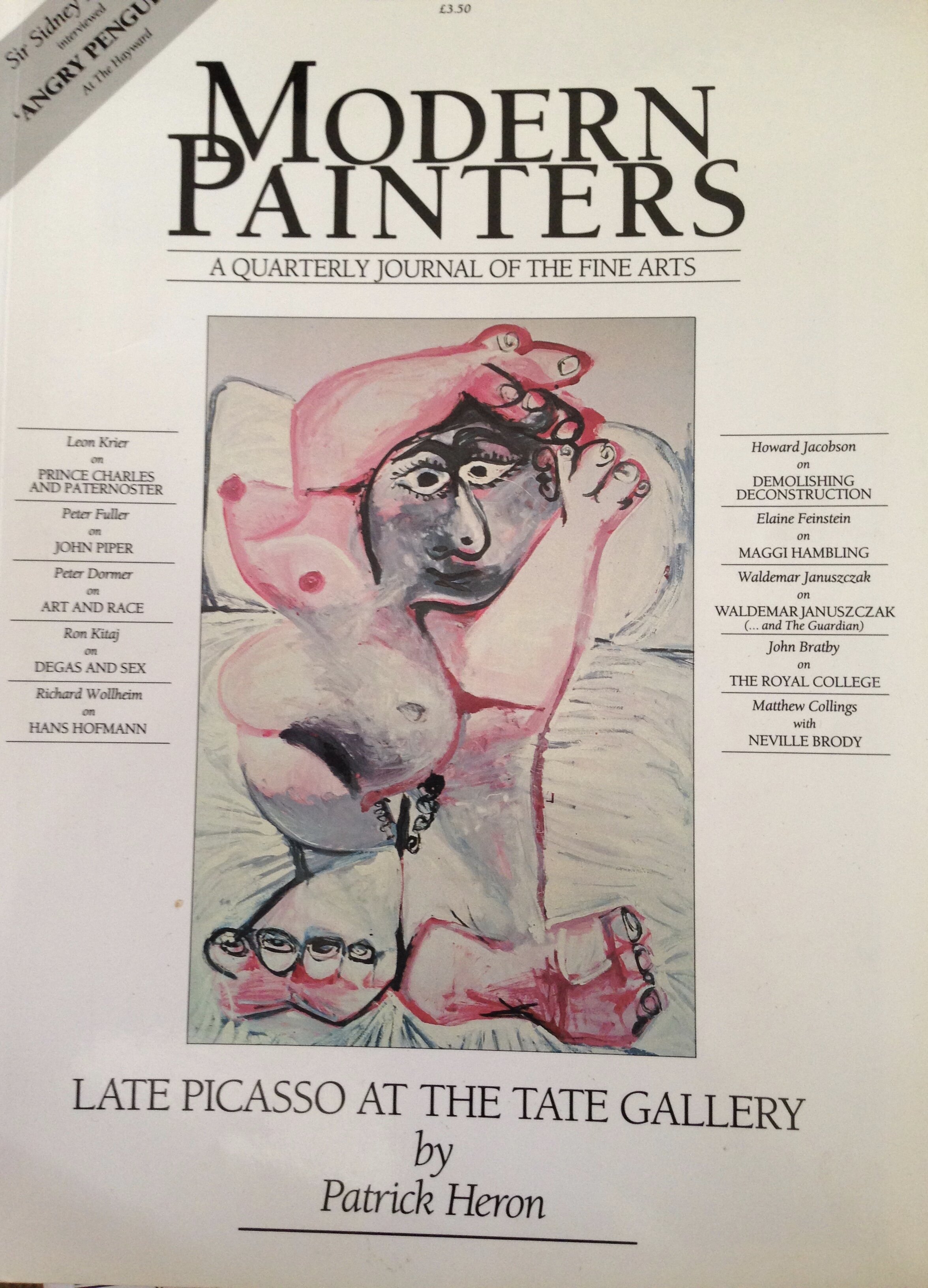

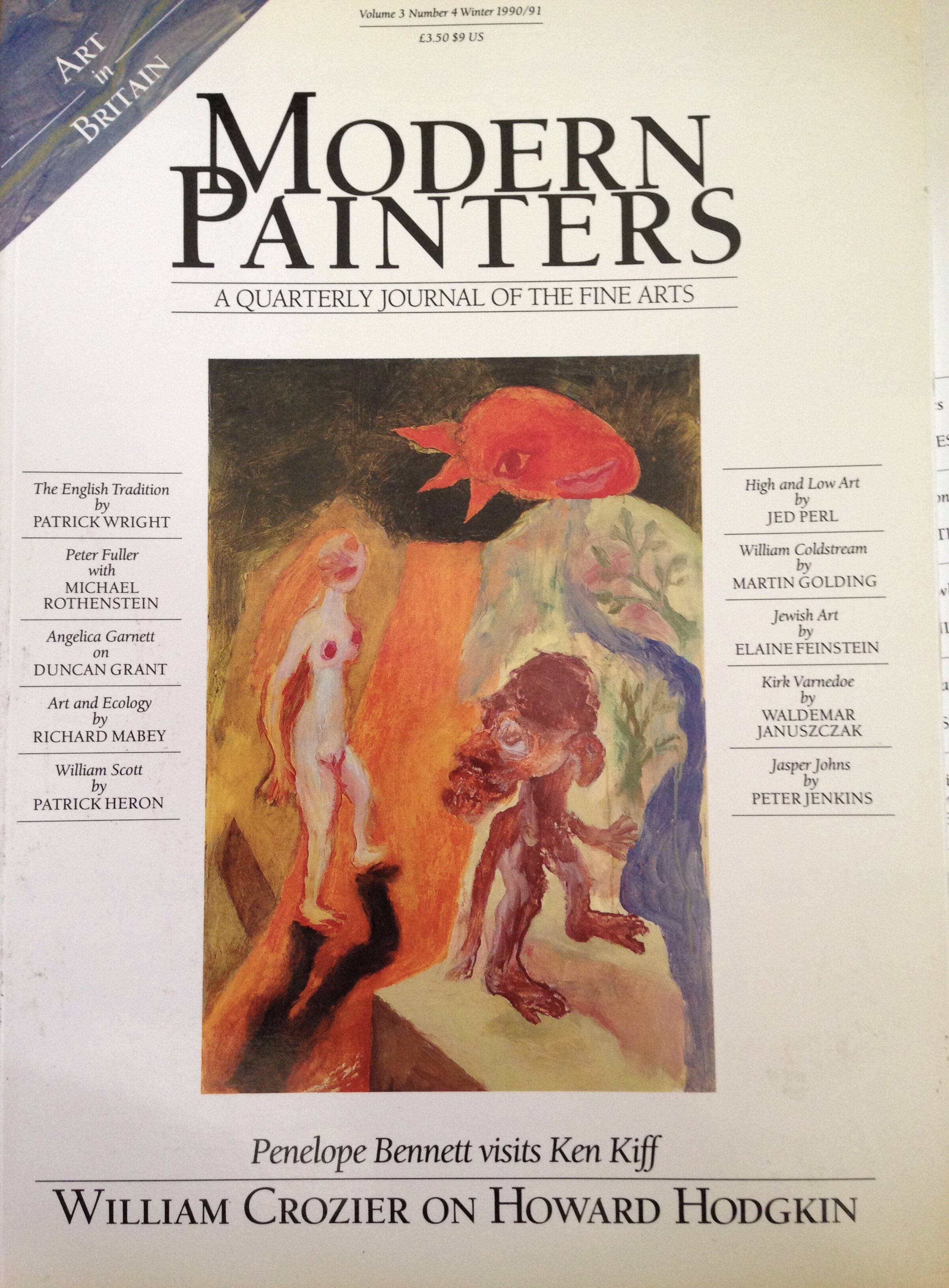

A few years ago Modern Painters published this feature article I wrote on the founding of Modern Painters and the process of researching this screenplay.
TATE ARCHIVE
I'm learning so much everyday about my father, I almost feel like he was just a box in my closet up until now, as his archive is now available to everyone at the TATE, we might consider that he is a box in the art world's closet full of pandora like secrets and treasures containing answers to the enigmatic mystery of not just the man, but the art world, modern culture and ourselves.

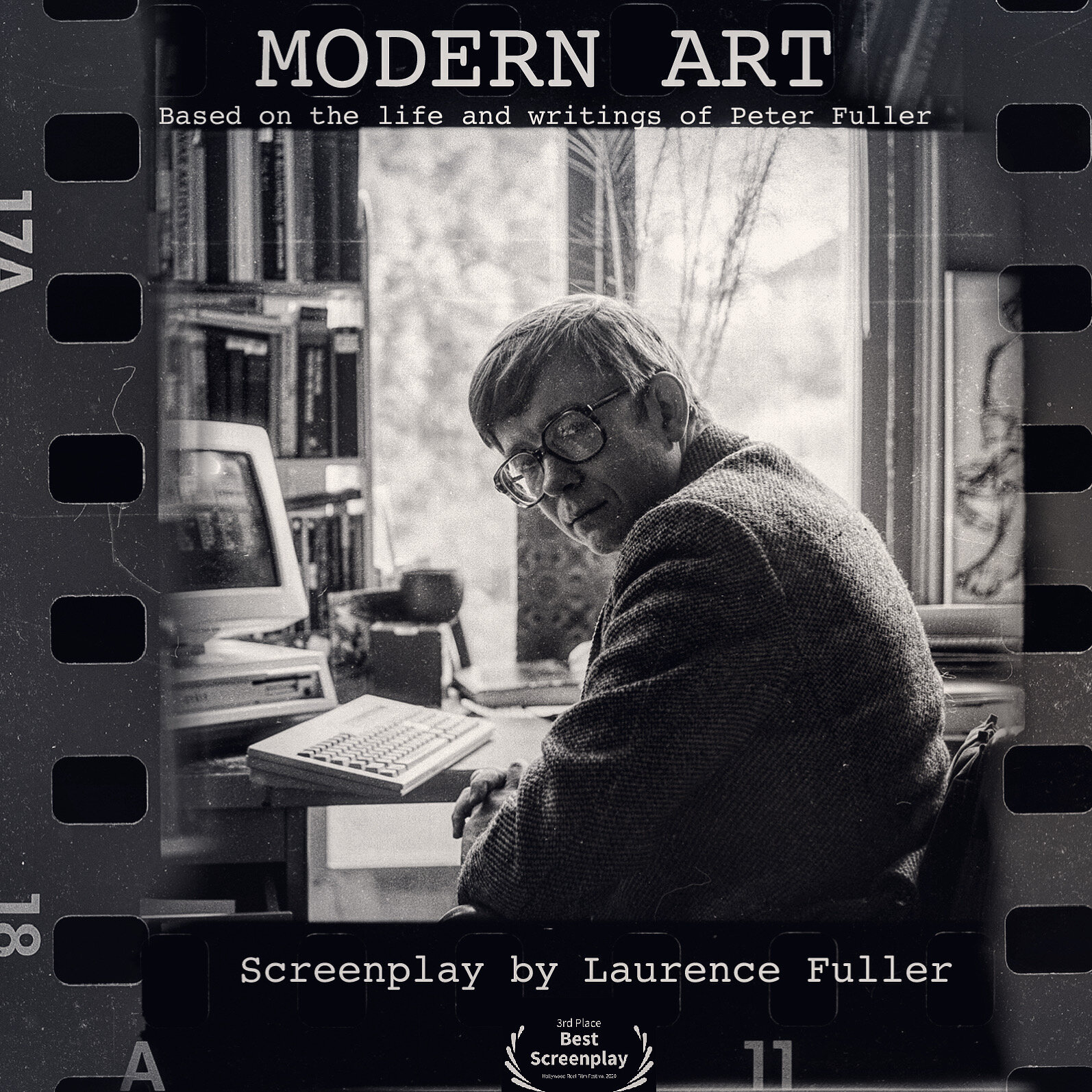


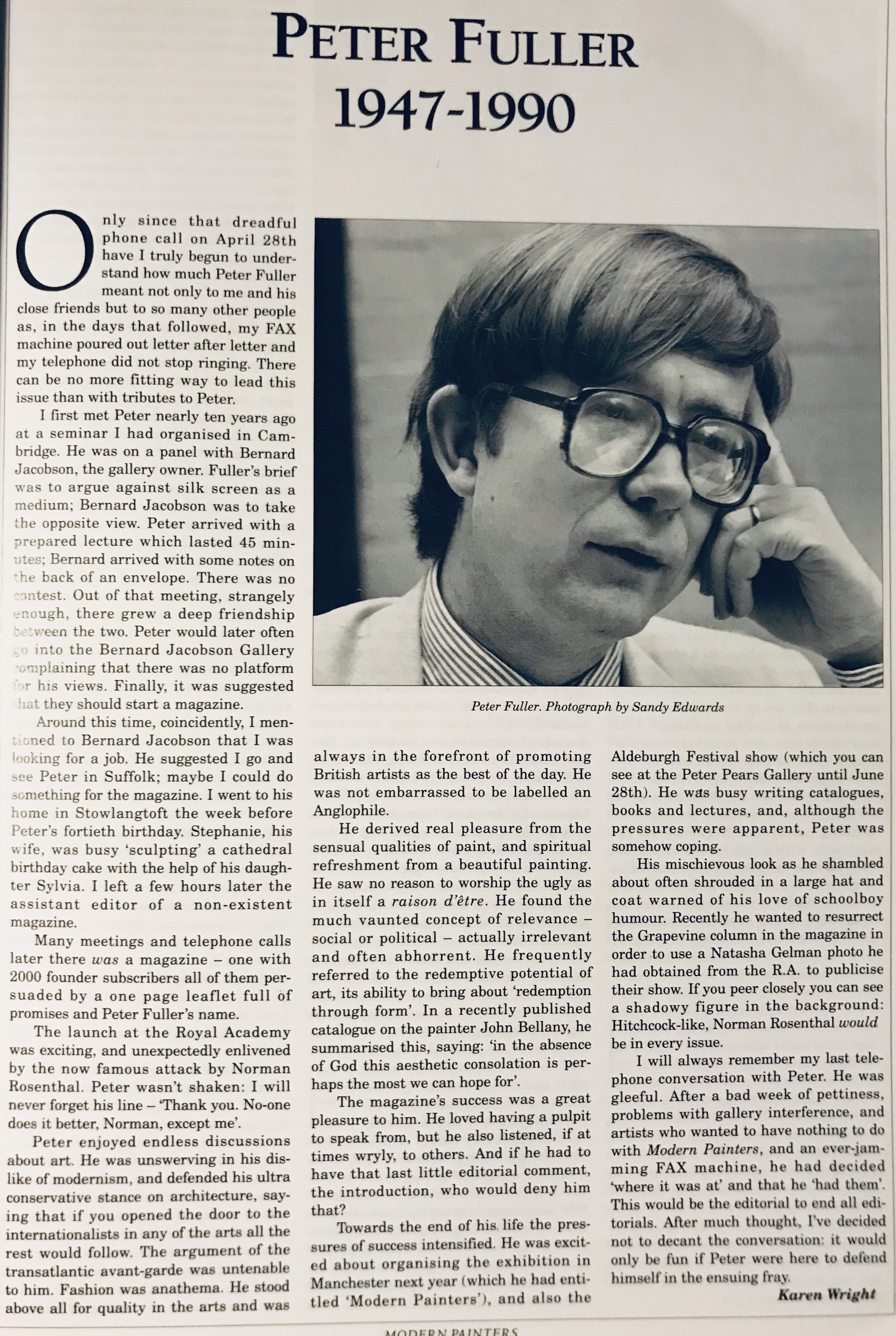
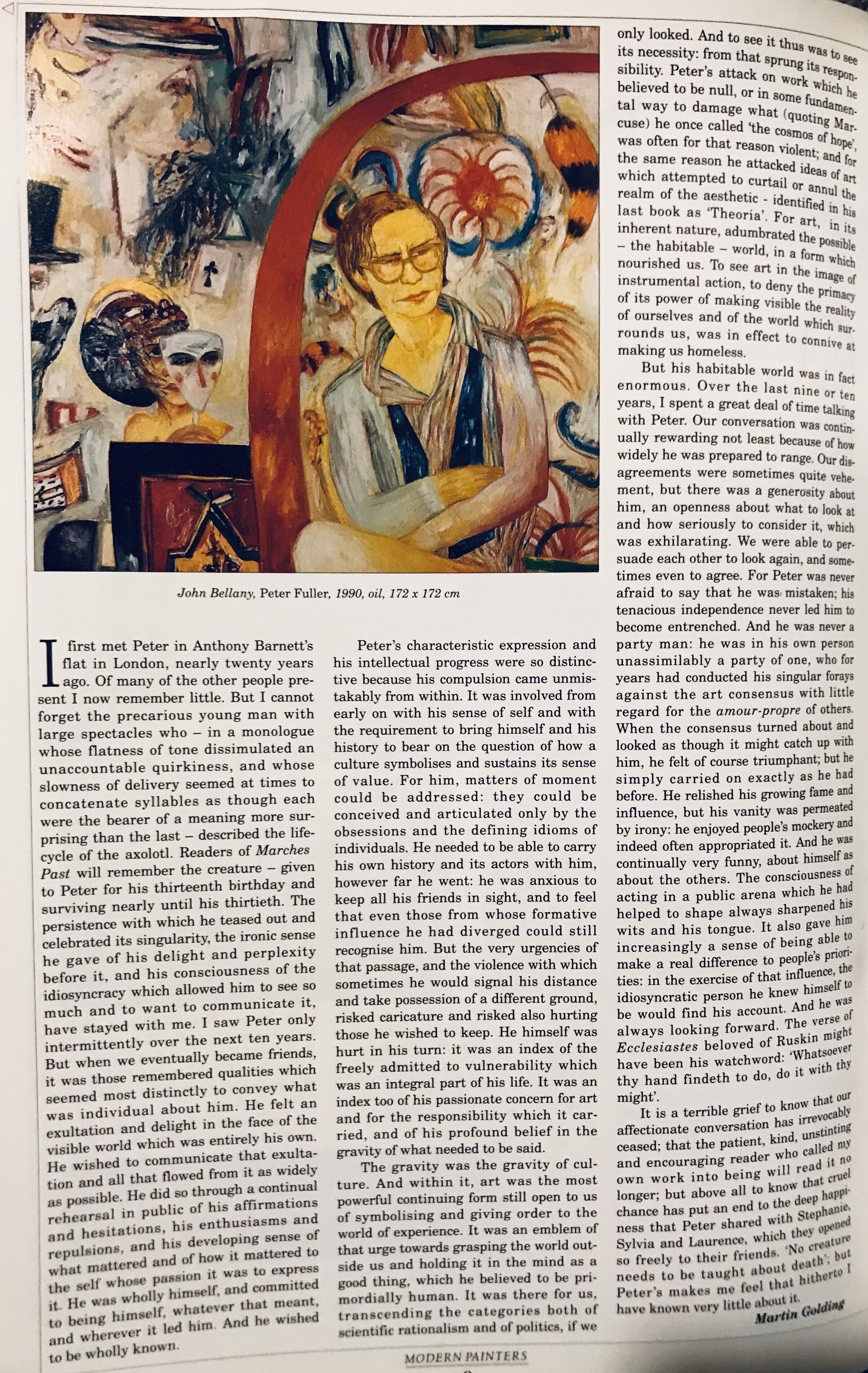
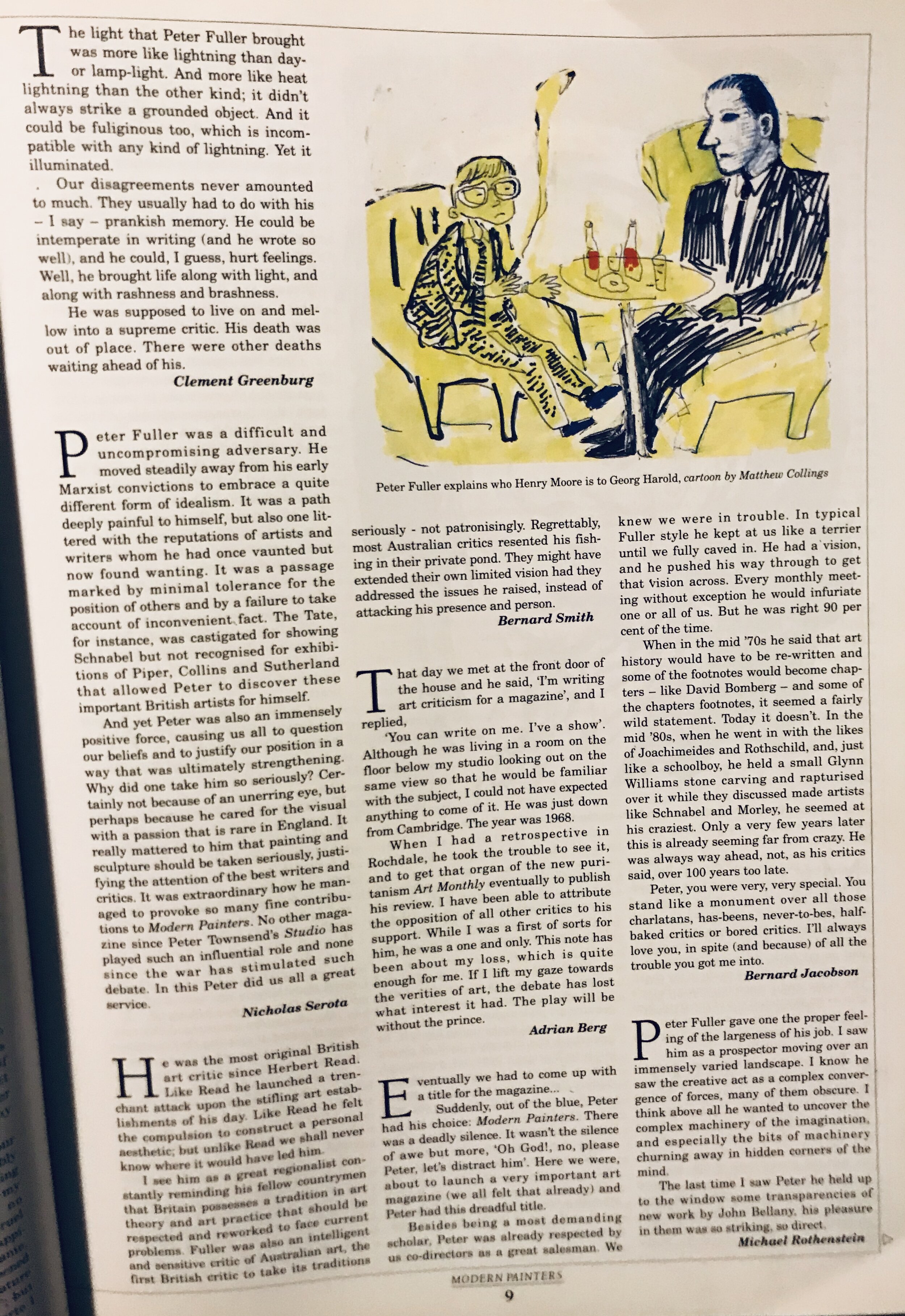
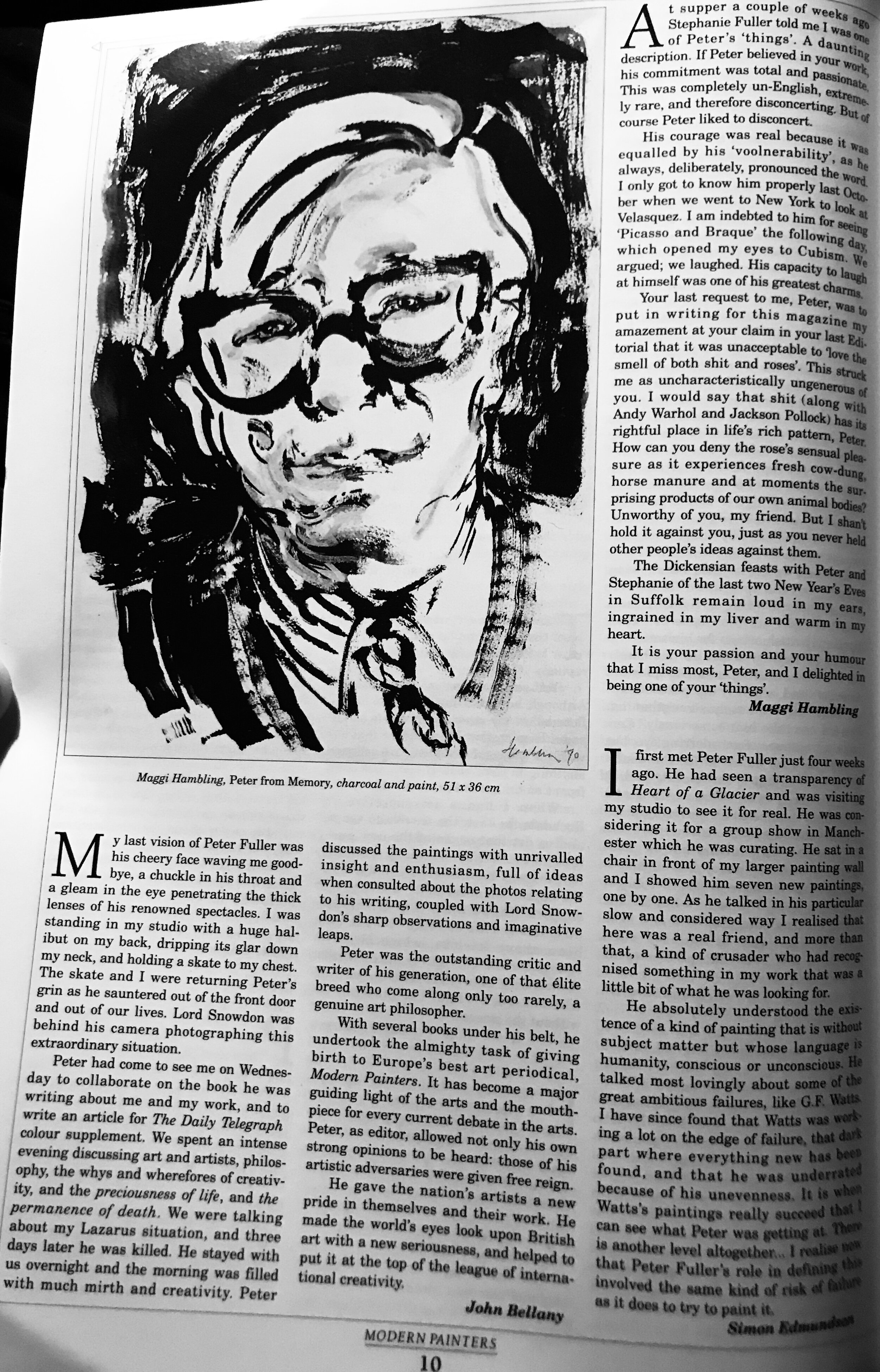
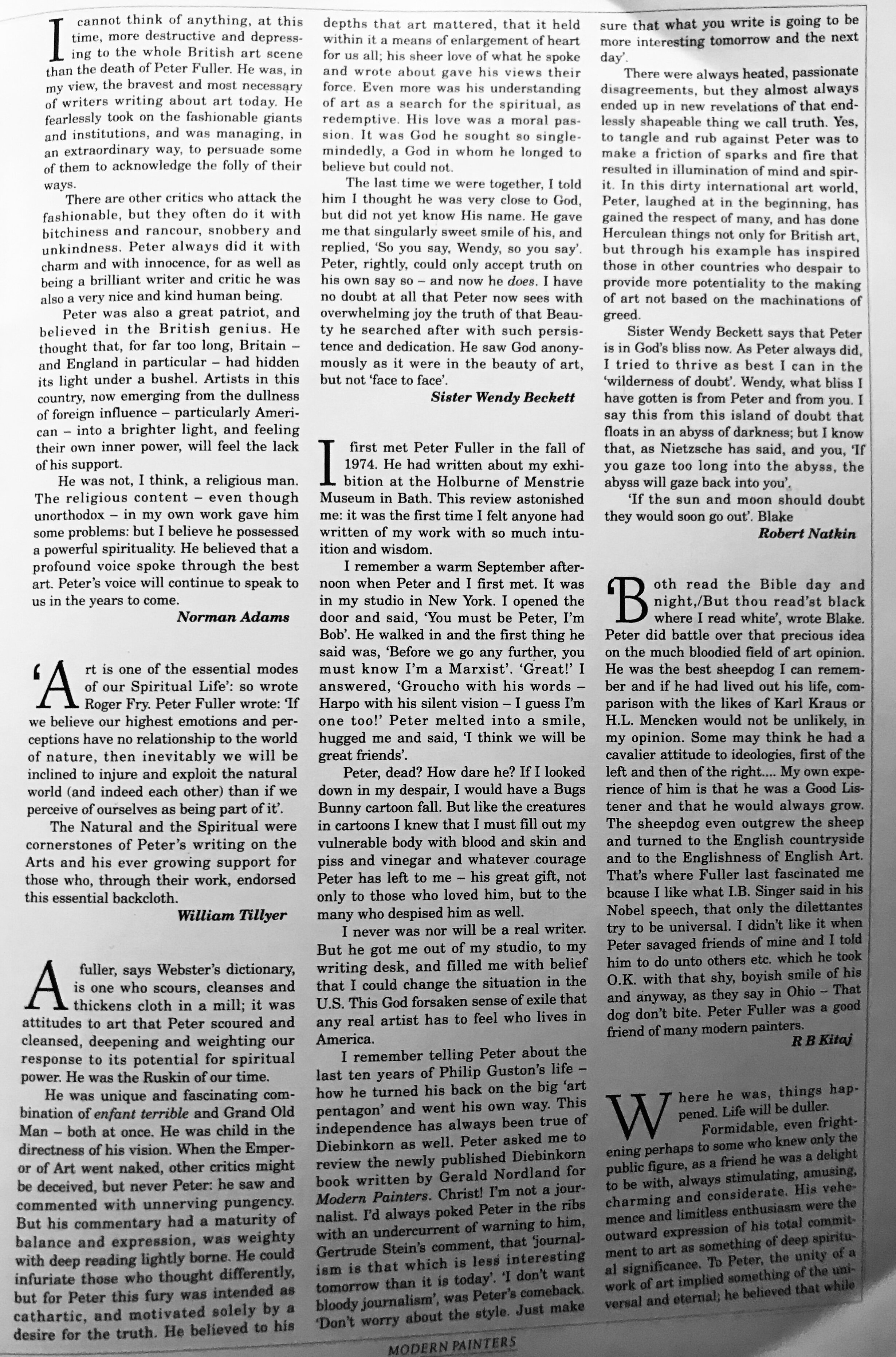
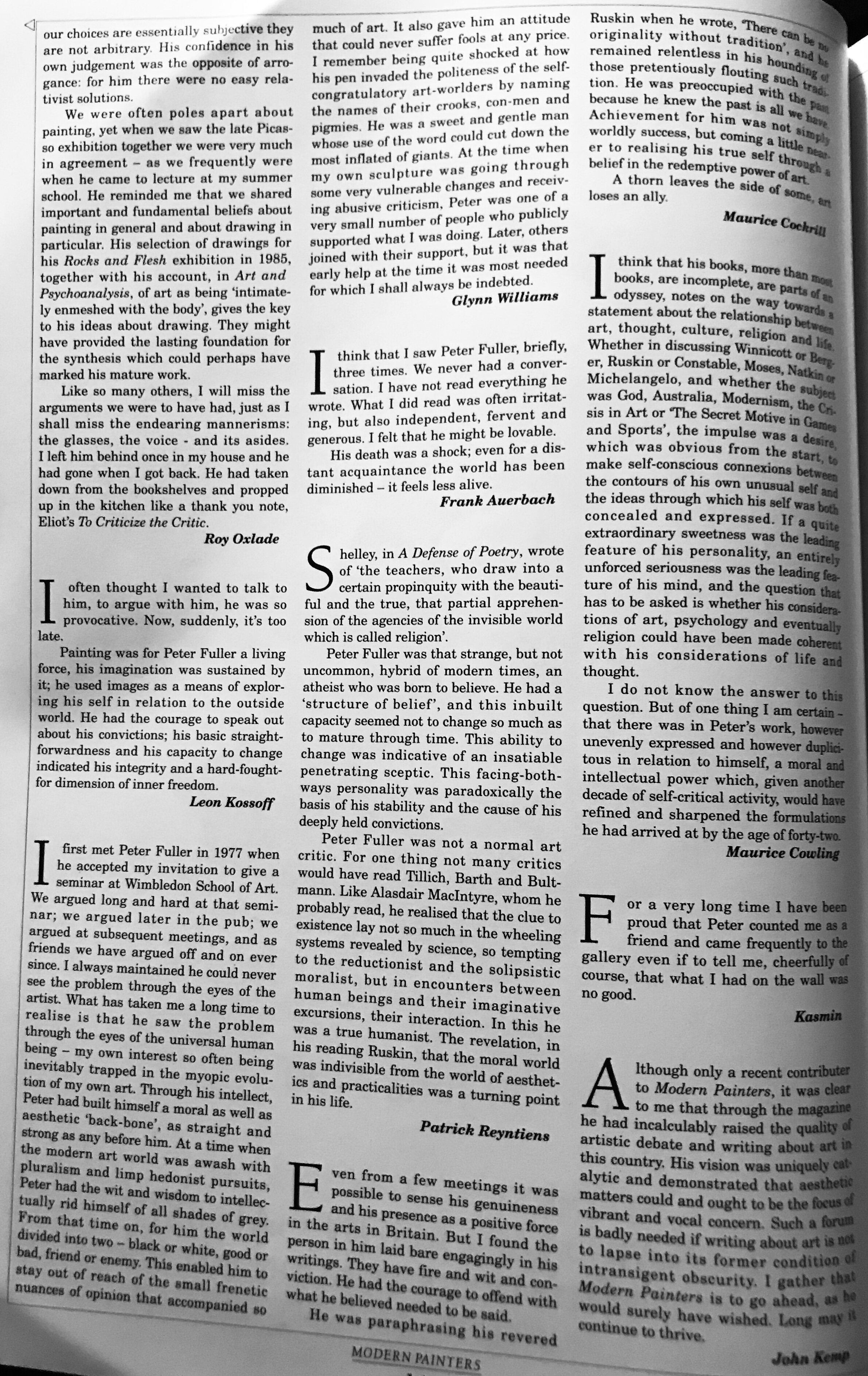
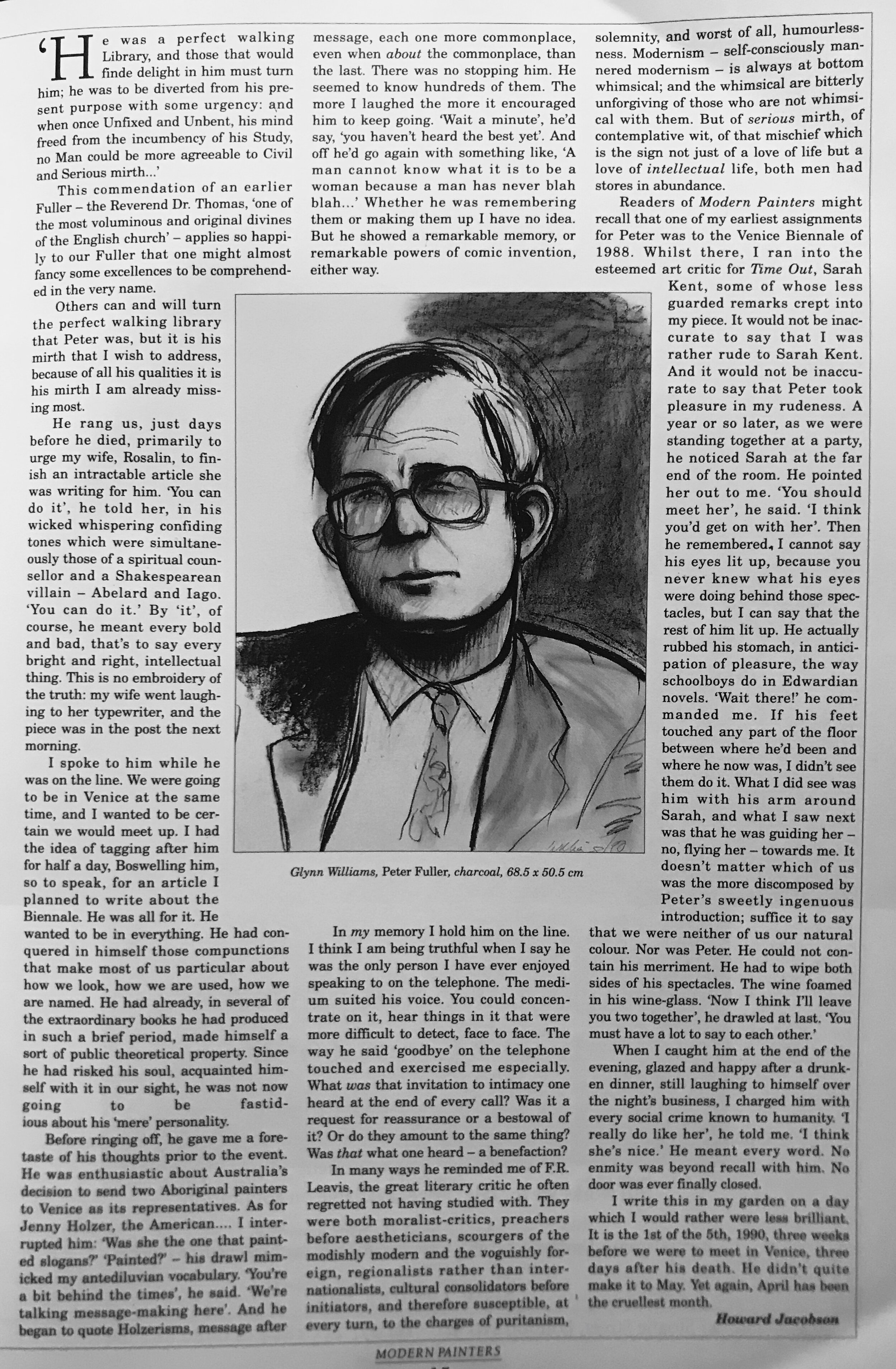
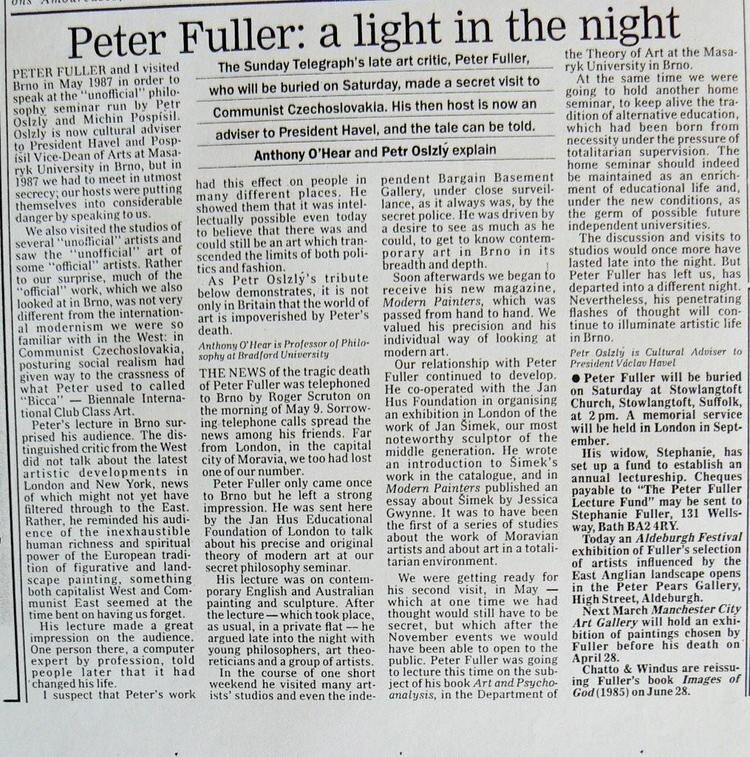
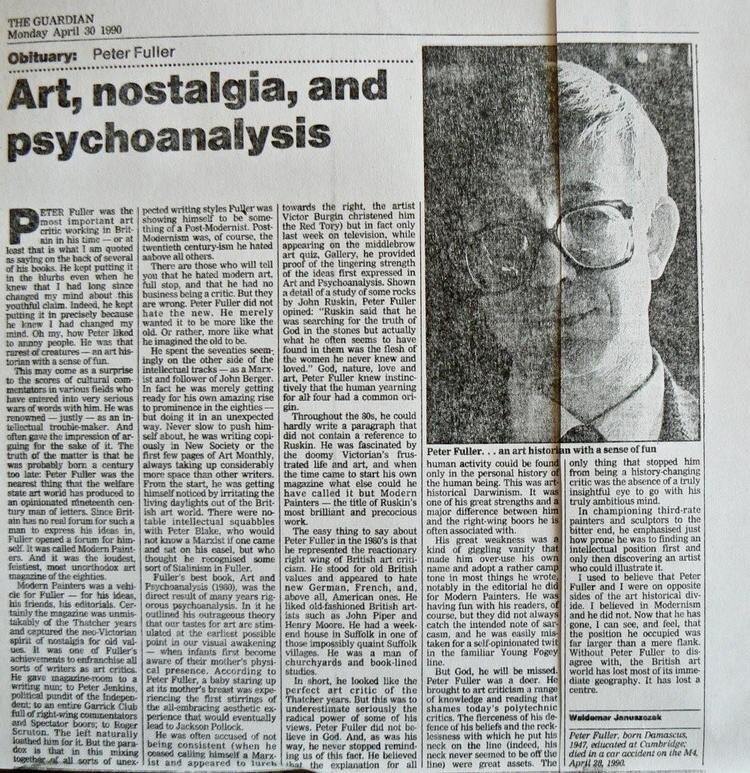
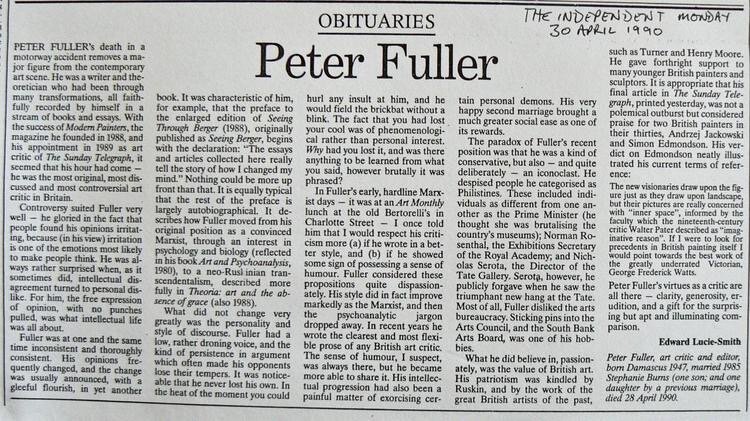
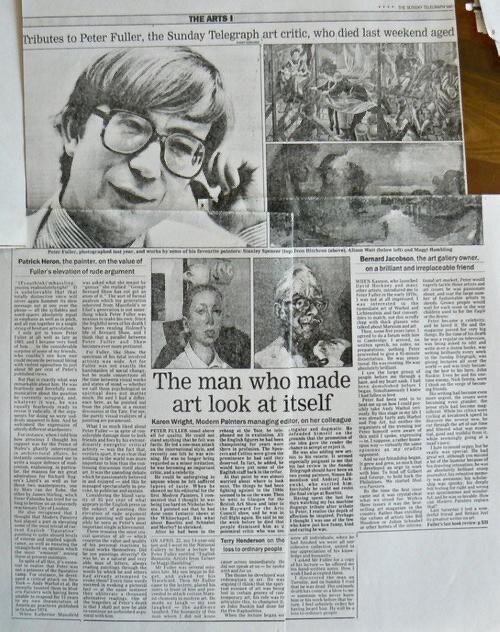
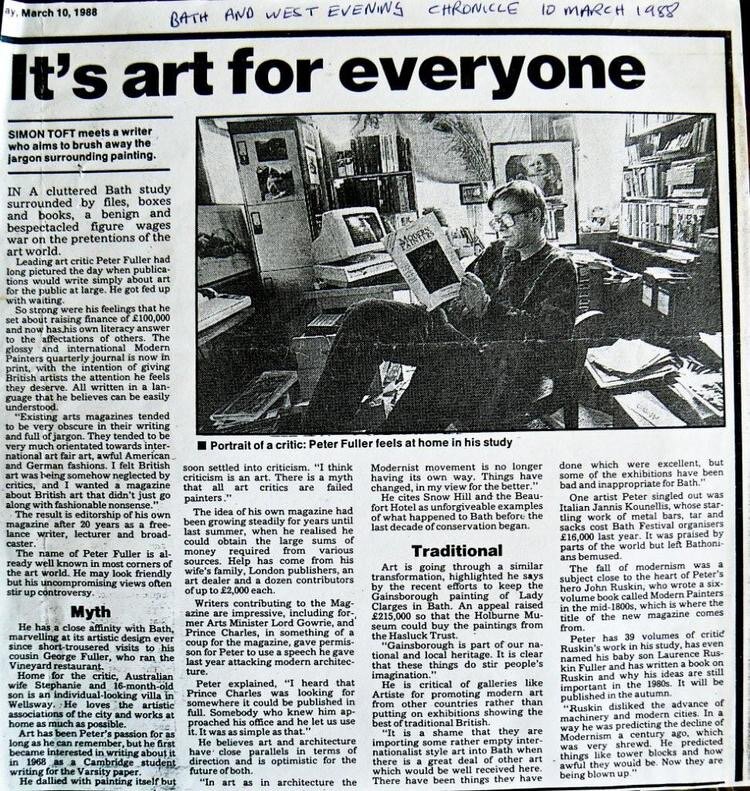
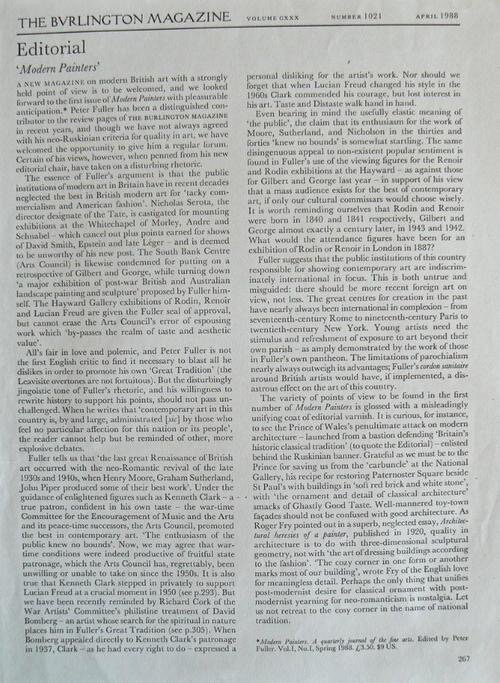
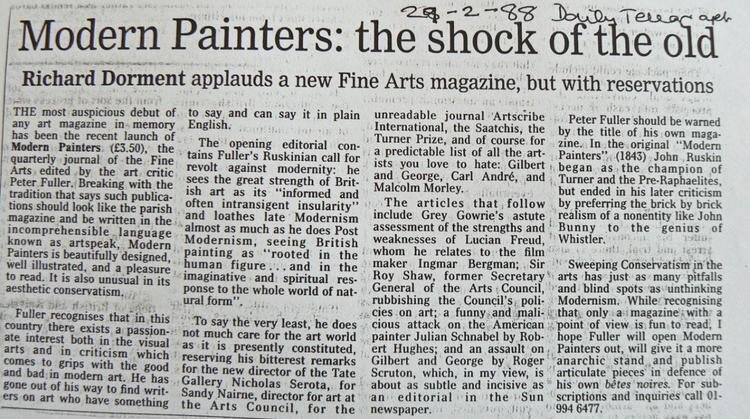
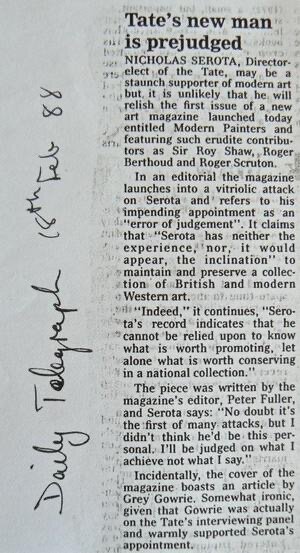
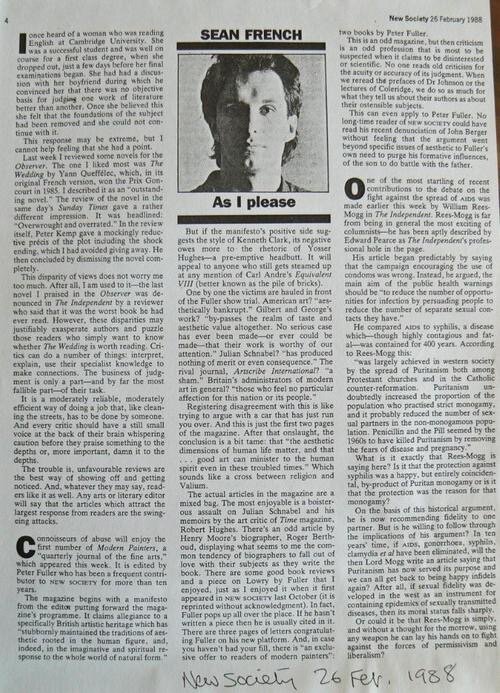
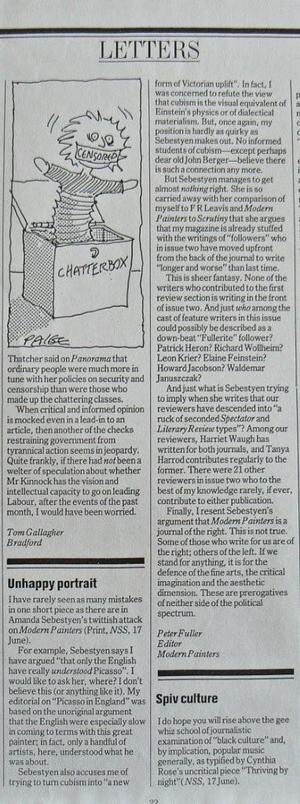
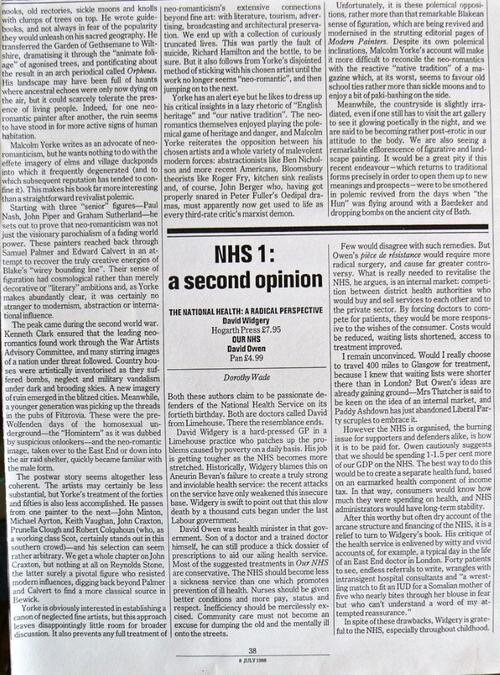
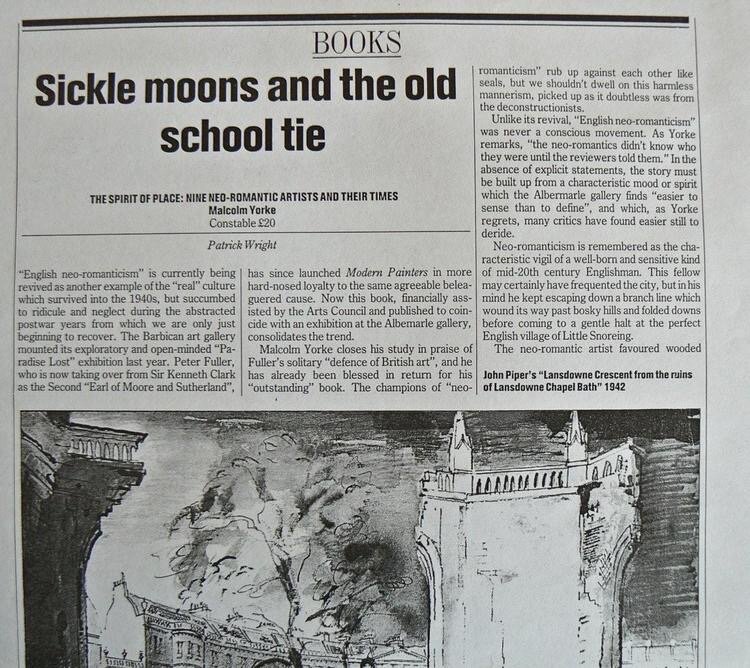
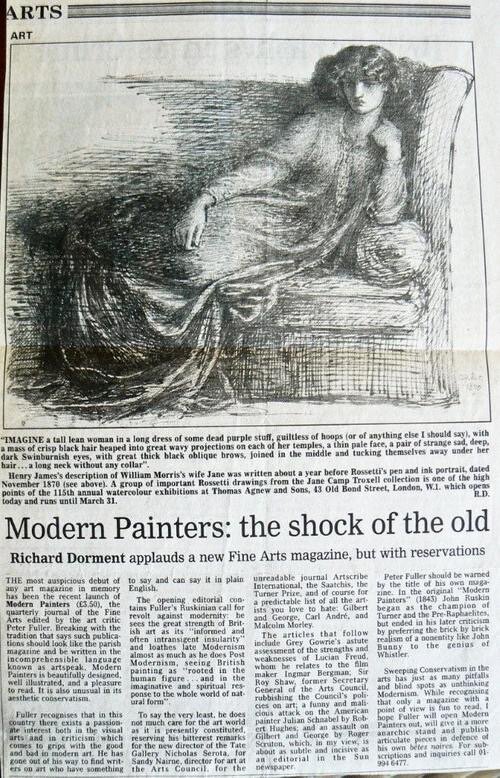
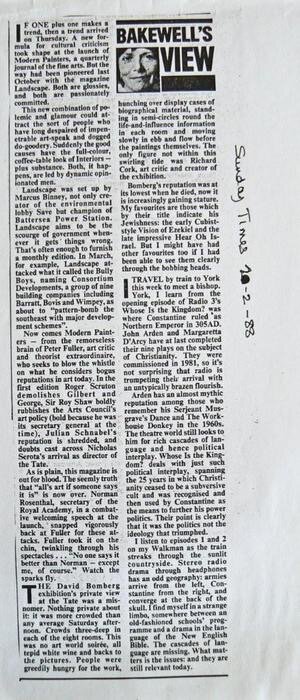

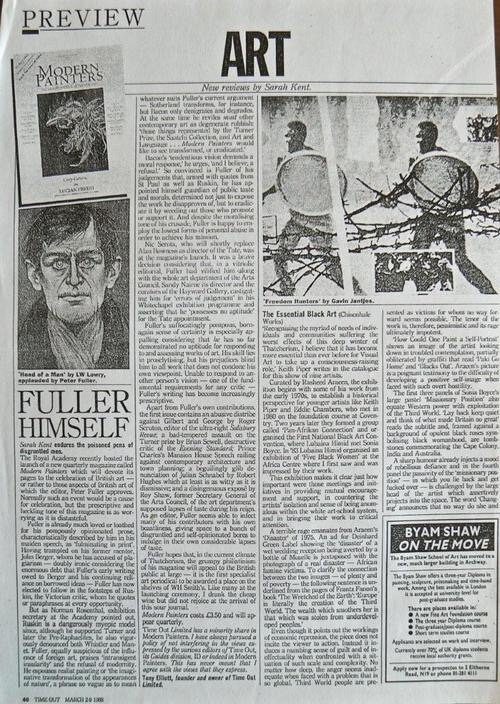
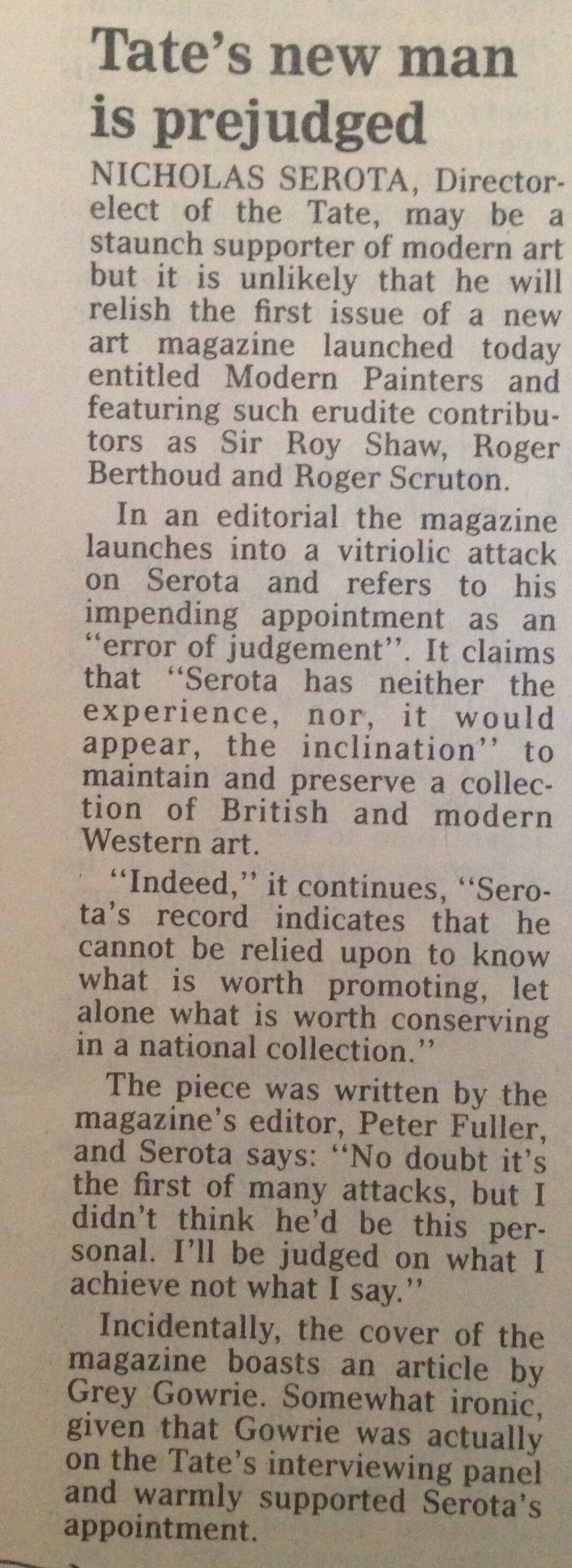






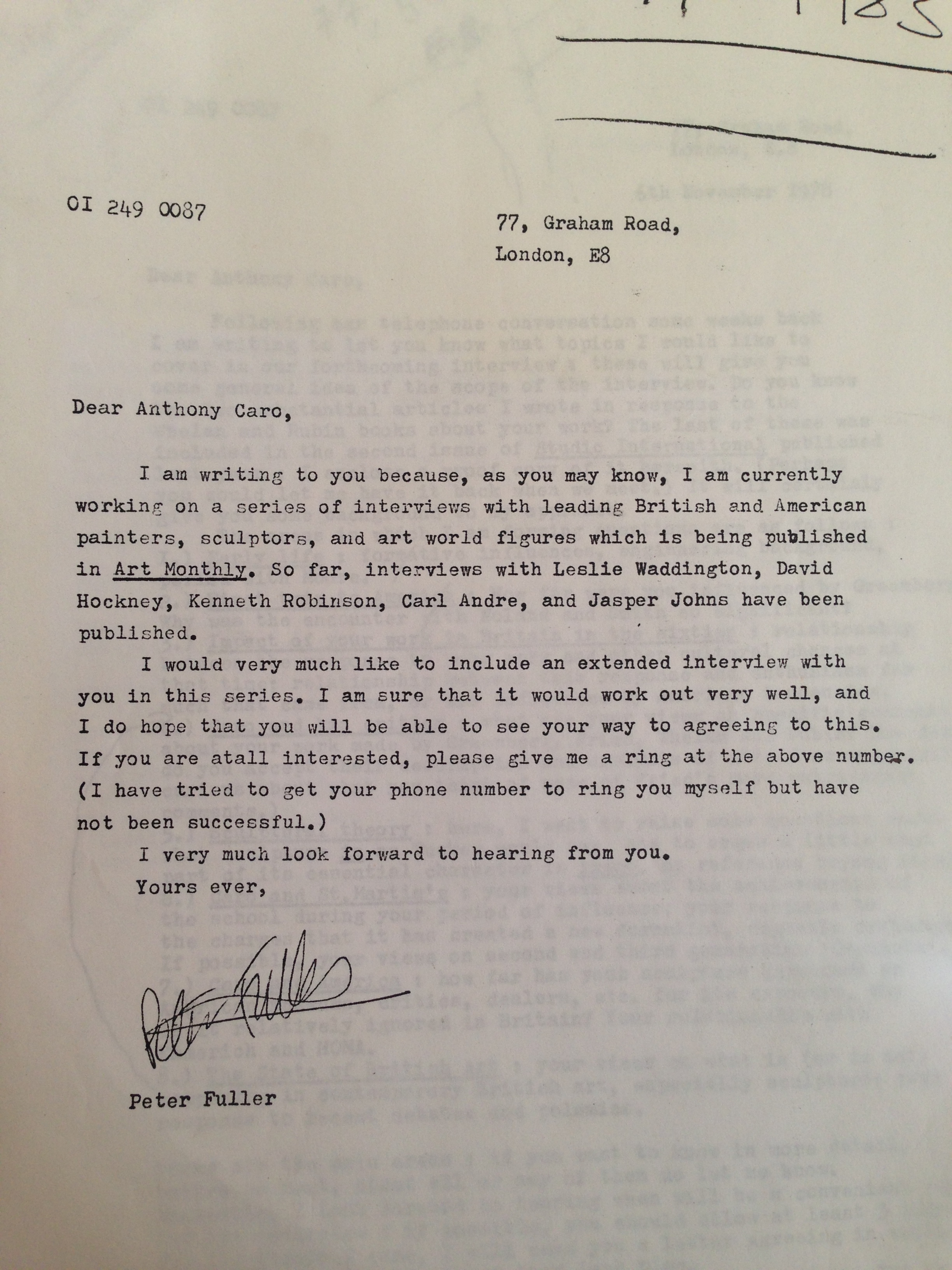
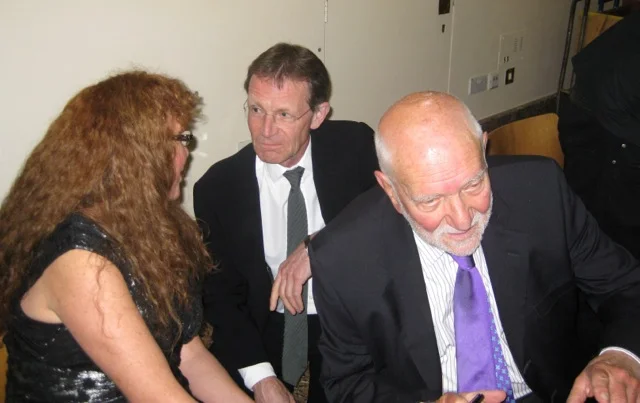




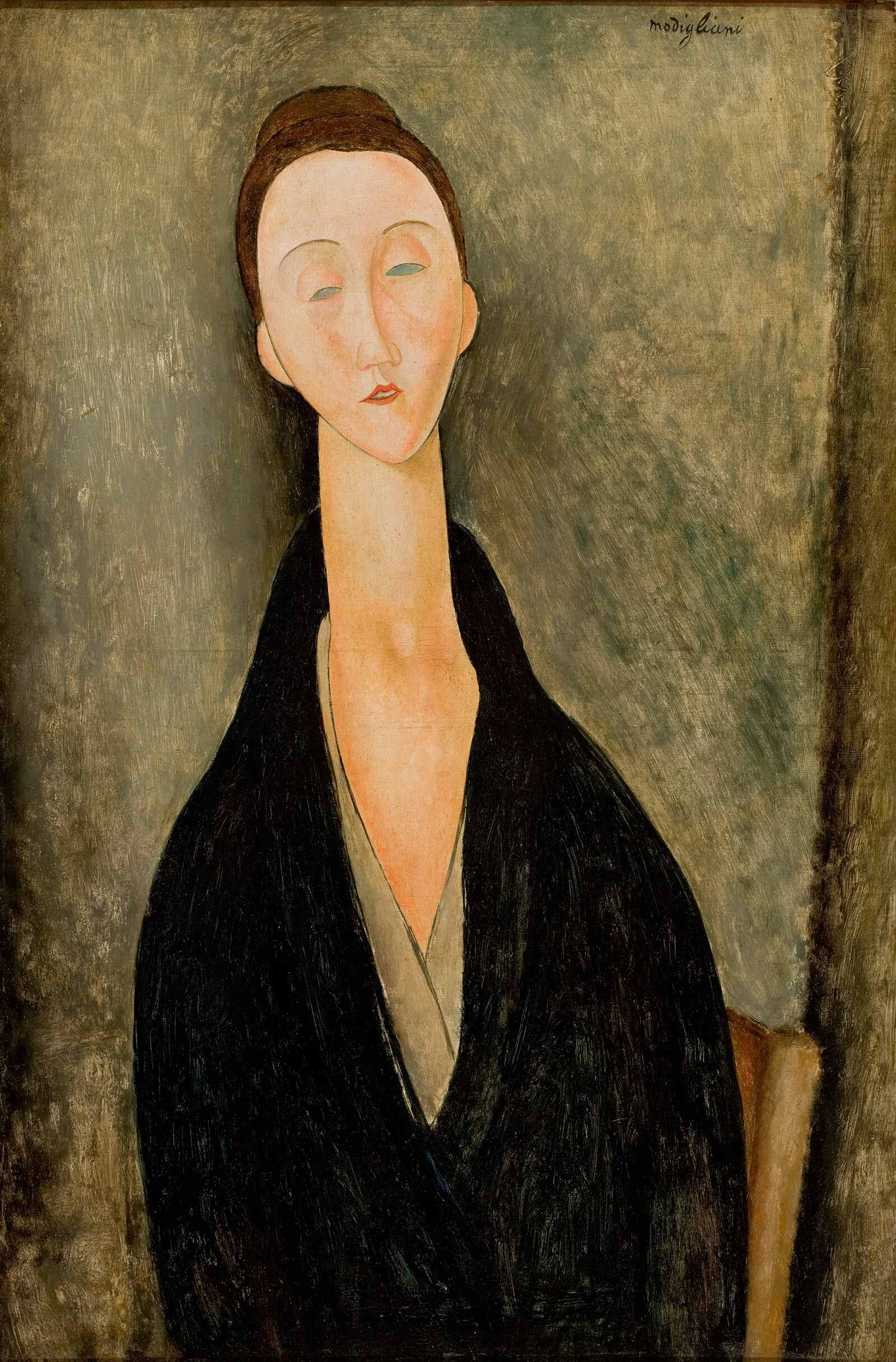


















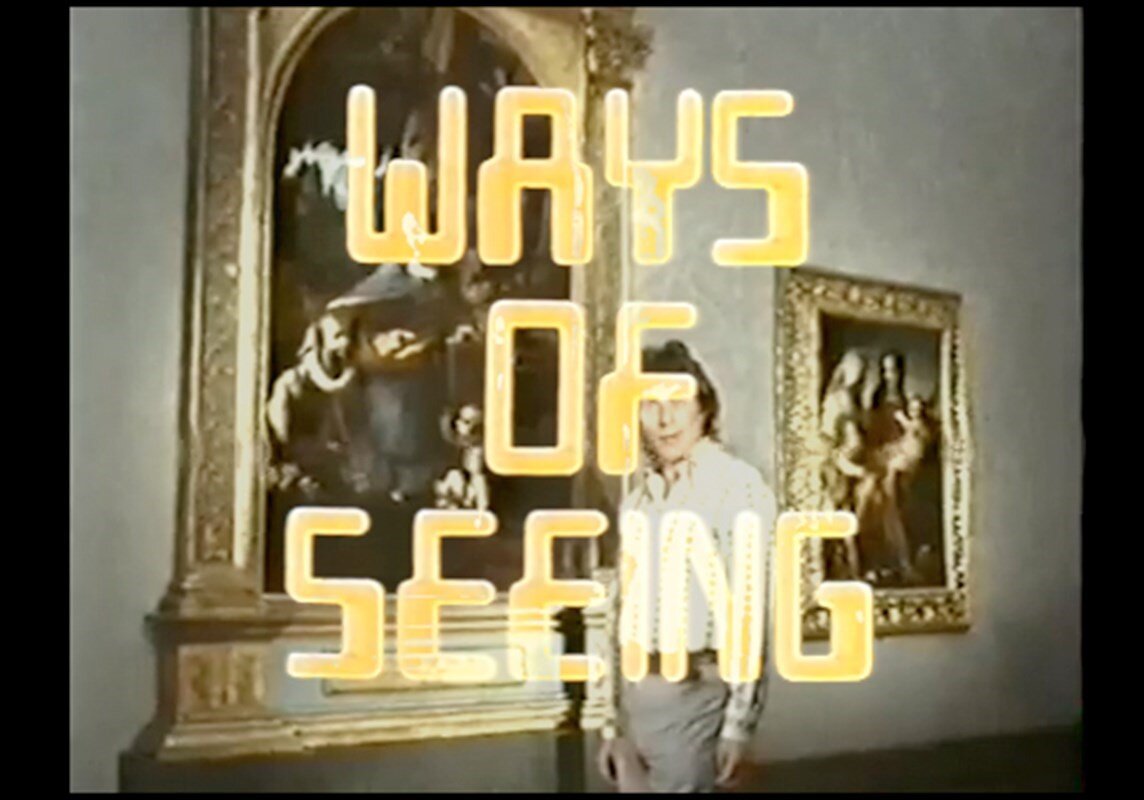
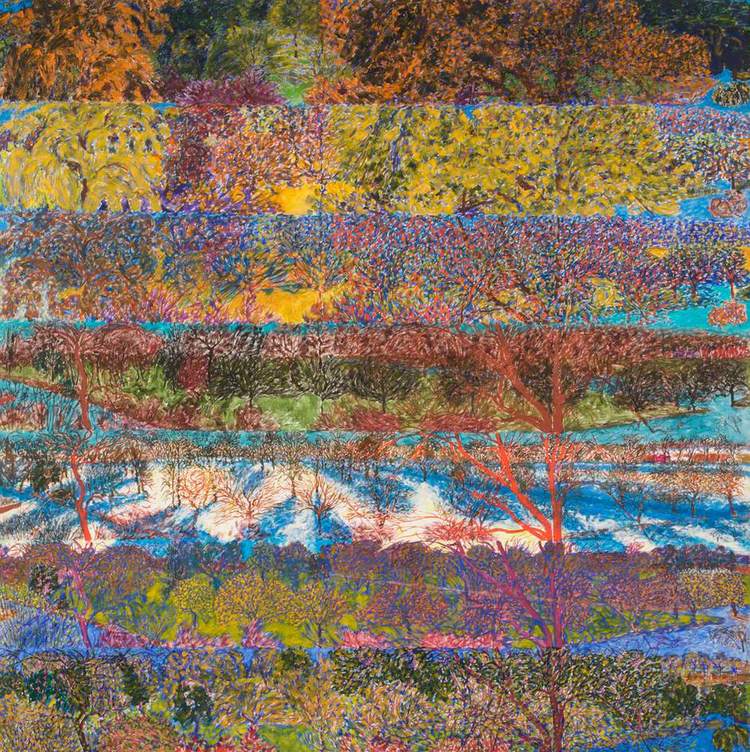

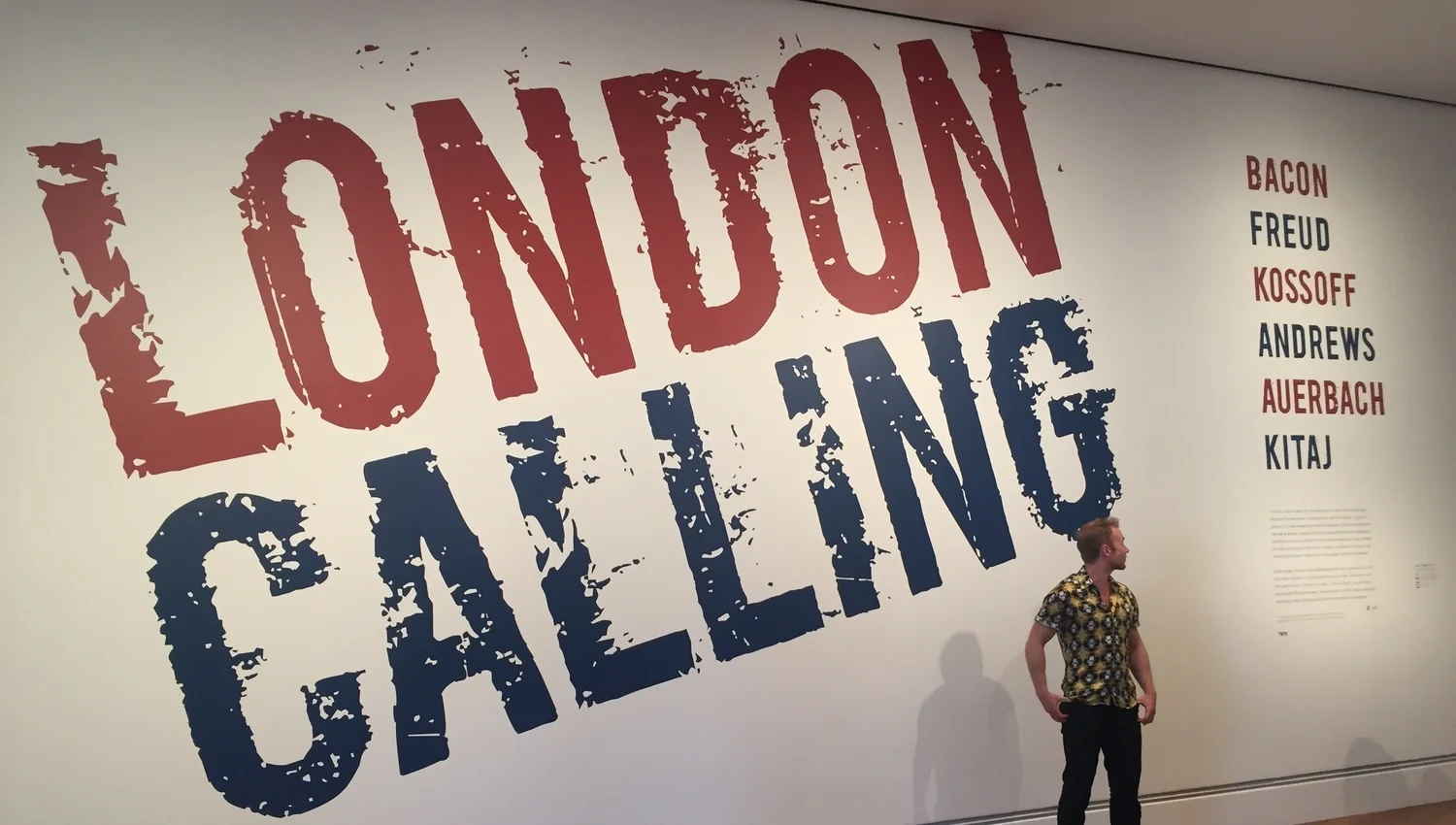
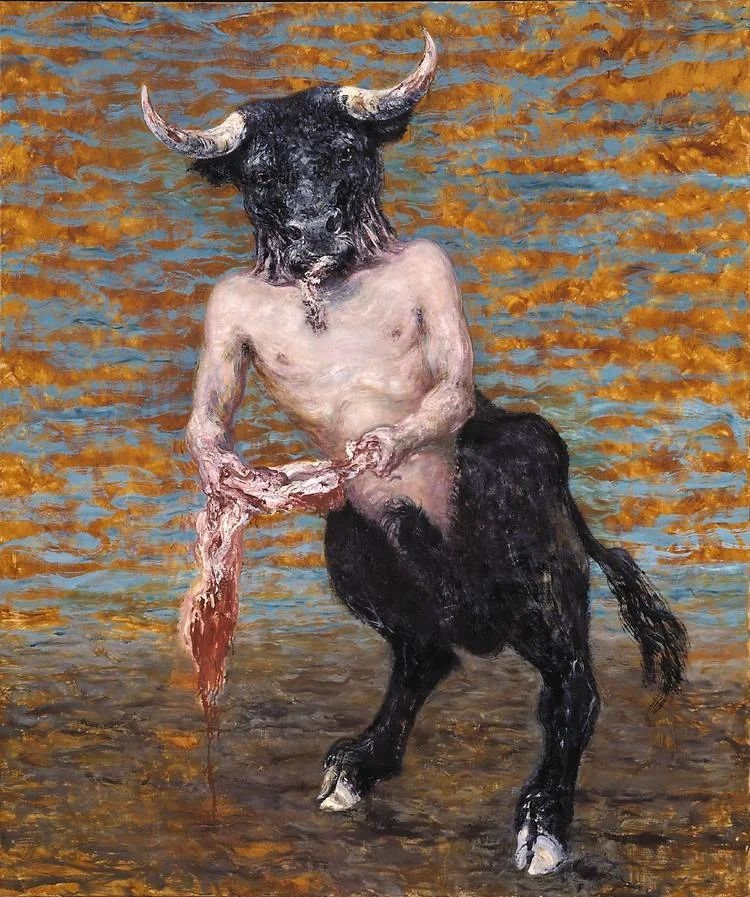









Peter Fuller was like a punch in the guts to the art world from 1969 to 1990, and until his last breath he was a radical. His writings spanned art history, psychology, sociology, aesthetics, biology, and religion, all emanating from his primary fascination with the arts. His ideas were ahead of their time, punctuated throughout with a belief that cultural reformation was possible through art. In this sense he was a radical-conservatist. In his later years, he was heavily influenced by the works of John Ruskin, and in 1987 he founded this magazine, naming it after the series of books by Ruskin entitled Modern Painters. Not only did Fuller emulate the man in naming his magazine, but he named me, his only surviving son, Laurence Ruskin Fuller. My own journey has taken me to Los Angeles, where I live as an actor and filmmaker. Recently, I’ve found myself deep in research for my next project, a screenplay about my father (I like to think of it as the Raging Bull of the art world).